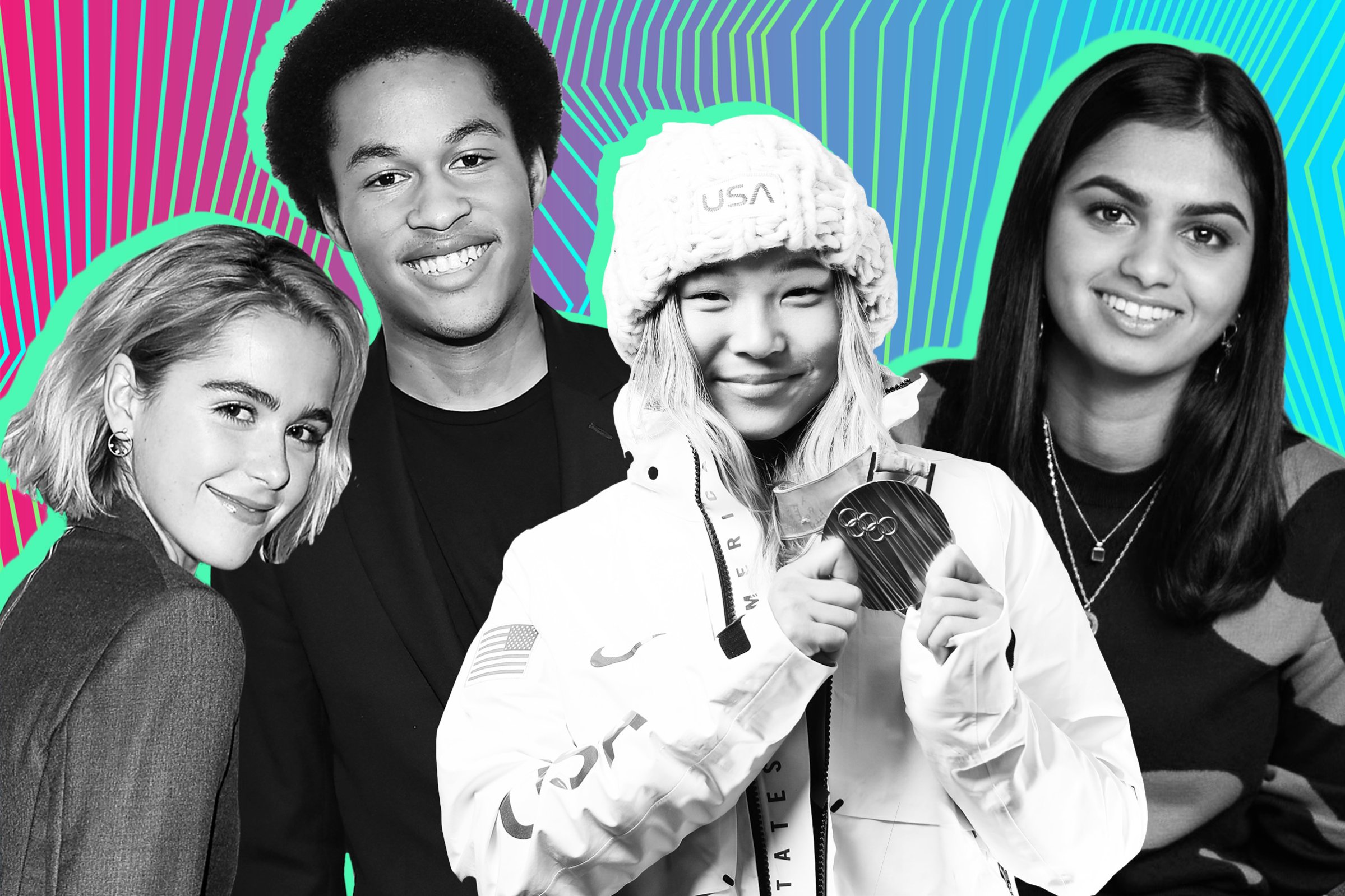
To determine TIME’s annual list, we consider accolades across numerous fields, global impact through social media and overall ability to drive news. In the past, we’ve recognized everyone from singer Lorde to Olympic champion Simone Biles to political activist Joshua Wong. Here’s who made this year’s cut (ordered from youngest to oldest):
Marley Dias, 13
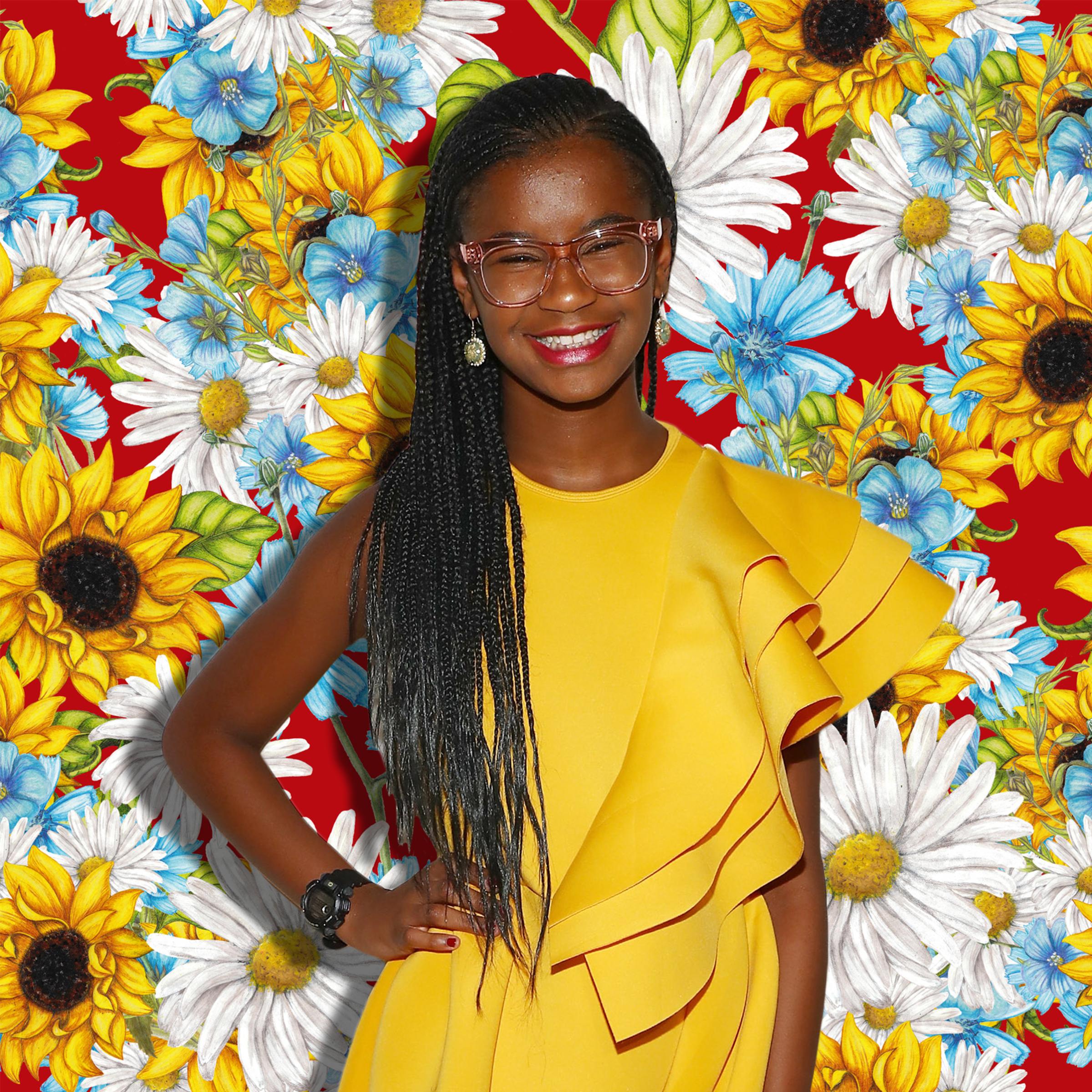
When Marley Dias was in the sixth grade, she encountered a problem: “At home I always got to see black girls and diverse experiences being reflected in the books I read,” Dias tells TIME. “But at school, I did not have access to those experiences.” So Dias, an avid reader, embarked on a mission to collect one thousand books featuring black female protagonists (mostly from donations), and distribute them to communities in need. Since its launch in 2015, #1000BlackGirlBooks has helped distribute more than 11,000 books to libraries, schools and community organizations around the world. And Dias, now a high school freshman, recently published her own book, Marley Dias Gets It Done: And So Can You. Her goal, she says, is to ensure that “kids know that changing the world should not be something that feels imaginary, but something that you have the power to do today and always.” —Rachel E. Greenspan
Rishab Jain, 14
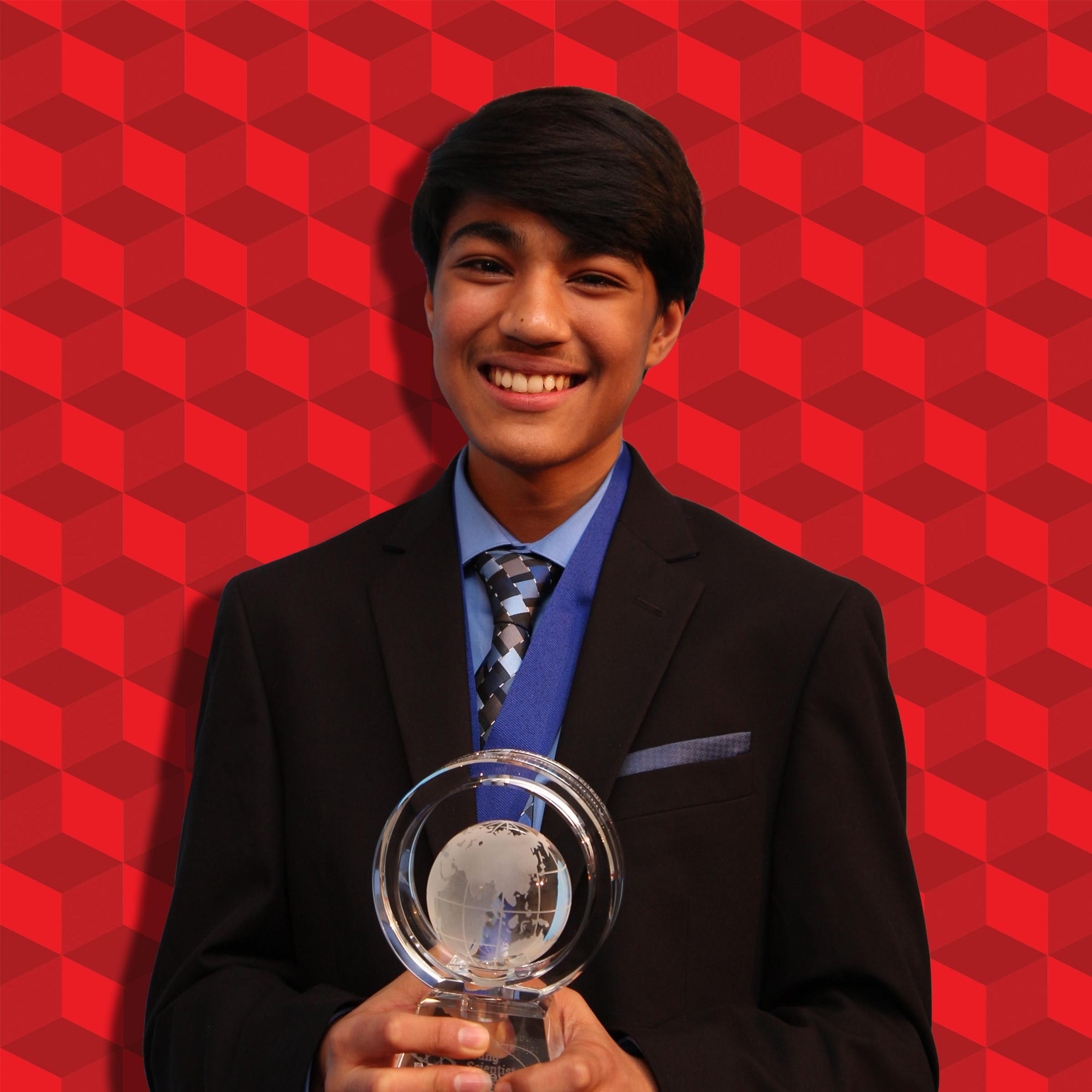
Treating cancer requires immense precision: Doctors try to kill all the diseased cells, while sparing as many healthy ones as possible. This can be especially difficult for pancreatic cancer, since the pancreas moves around, and sometimes gets obscured by other organs. In an effort to help solve this problem, Rishab Jain, an eighth grader from Oregon, developed a software tool that, during simulations, was shown to help doctors zero in on the pancreas more accurately, ideally improving treatments. The algorithm won Jain the $25,000 top prize at the Discovery Education 3M Young Scientist Challenge in October, and he’s now trying to find hospital and physician partners who could help him run a clinical trial to continue testing. “I’ve gotten to see how doctors can make an immediate difference in people’s lives,” Jain says, “so I want to continue pursuing that.” —Jamie Ducharme
Marsai Martin, 14
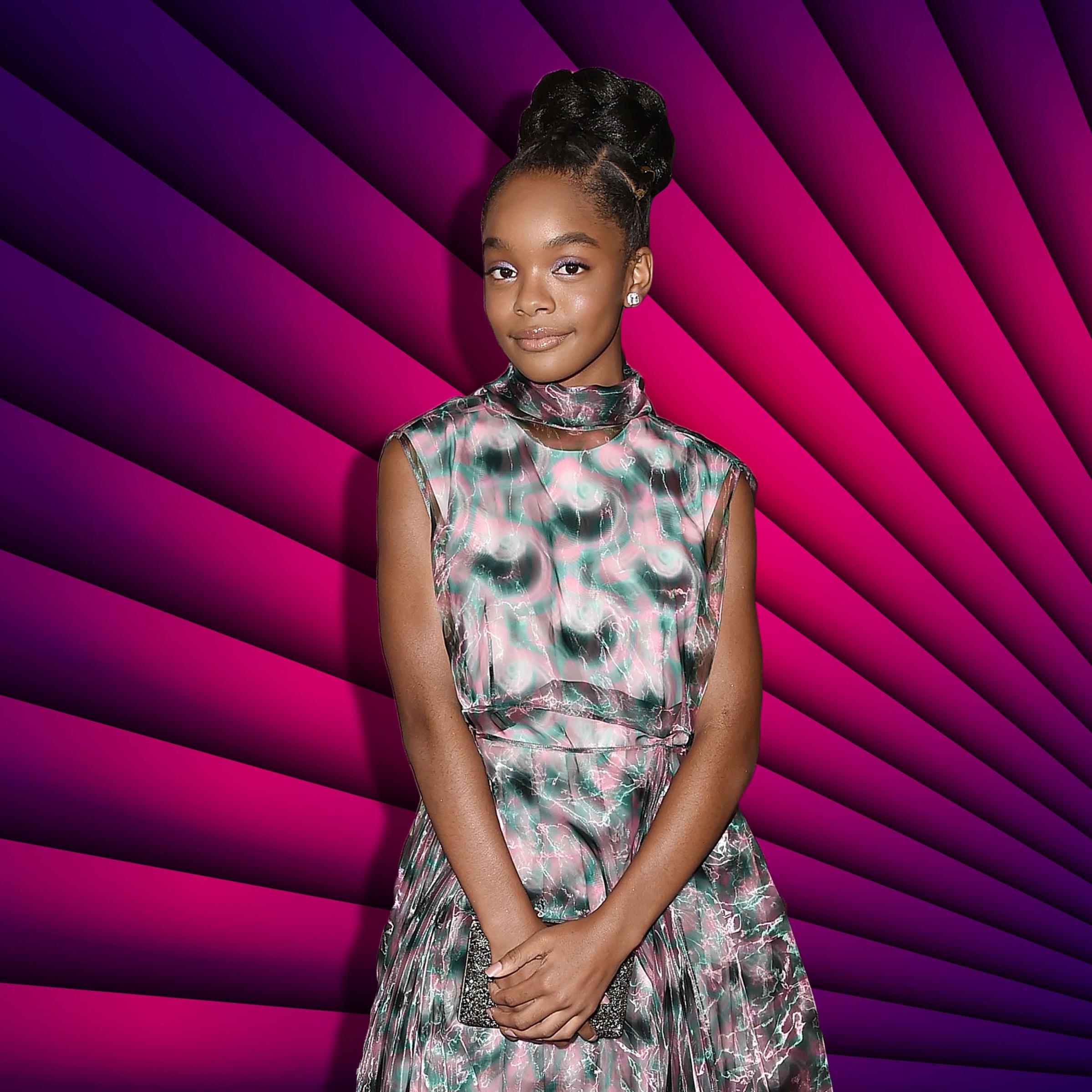
At just 14, Marsai Martin has a career that most adults would envy—she’s already won two NAACP Image Awards and a Young Artist Award for her role as Diane Johnson on ABC’s Emmy-nominated blackish. But her next project, executive producing and starring in Little alongside Issa Rae, a film based on an idea she pitched herself, may well take her to the next level. Martin tells TIME that her passion for performing began as a two-year-old, when her parents were amazed to find her acting out scenes from Dreamgirls. “I think it’s been in my blood for a long time,” says Martin. Despite not being old enough to vote, Martin campaigned for Stacey Abrams in Georgia and used her platform to encourage her 460,000 Instagram followers to go to the polls. “When you really believe in something,” Martin says, “you will stand up for it. You will push for it to become a reality.” —Rachel E. Greenspan
Millie Bobby Brown, 14
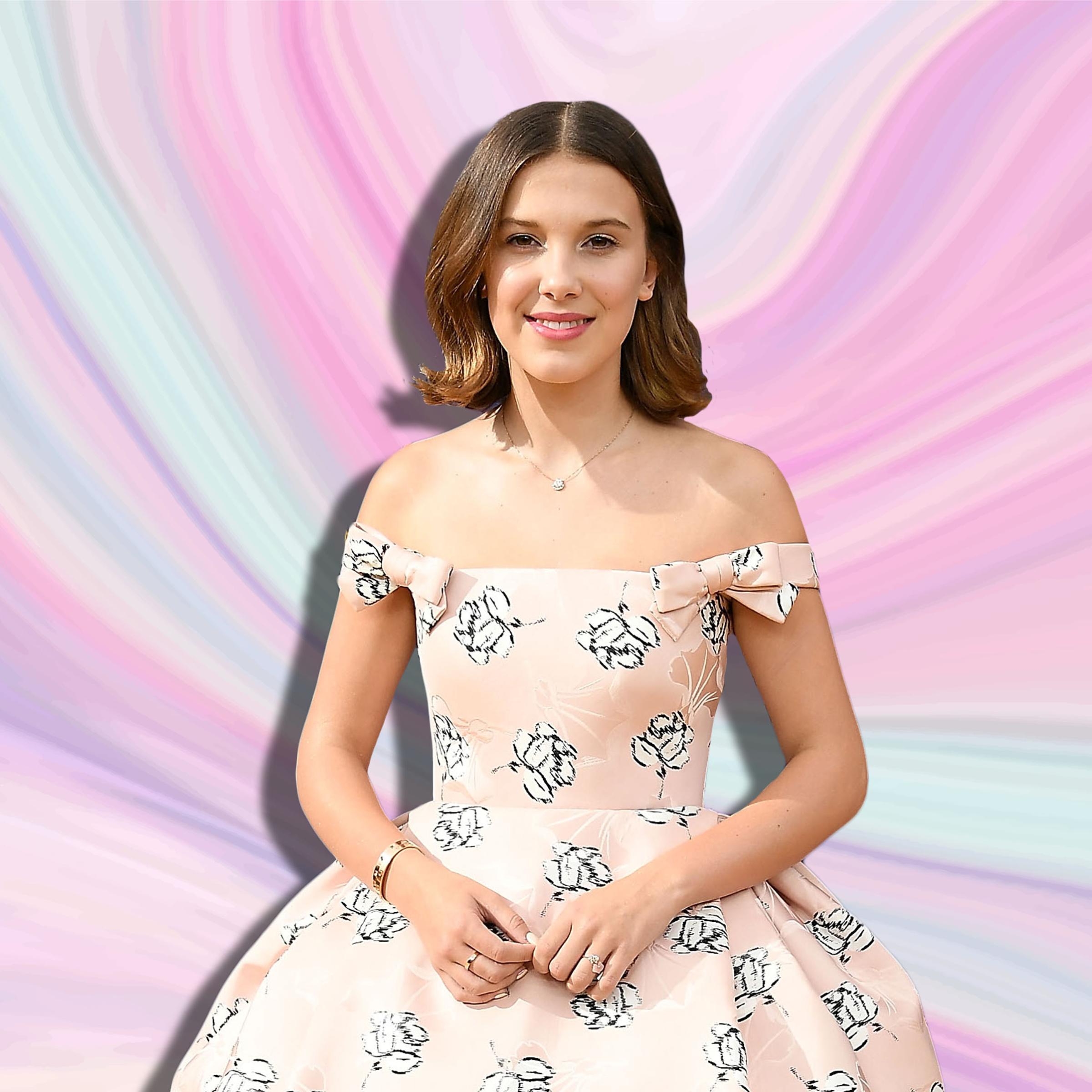
After rocketing to near-overnight global fame as the Eggo-loving, telekinetic Eleven in Stranger Things, Millie Bobby Brown has emerged as one of Hollywood’s hottest young stars, with a host of A-list superfans, including Drake, Karlie Kloss and Aaron Paul, and an online following of more than 18 million people. In 2018, a year in which a season of Stranger Things will not air, she became the youngest person to ever be named one of TIME’s 100 most influential people as well as a UNICEF goodwill ambassador. And her star is only just beginning to rise. Brown is already set to make her feature film debut in the 2019 Godzilla sequel, Godzilla: King of the Monsters, reprise that role in 2020’s Godzilla vs. Kong, and both produce and star in a film series based on Nancy Springer’s Enola Holmes Mysteries novels.—Megan McCluskey
Storm Reid, 15
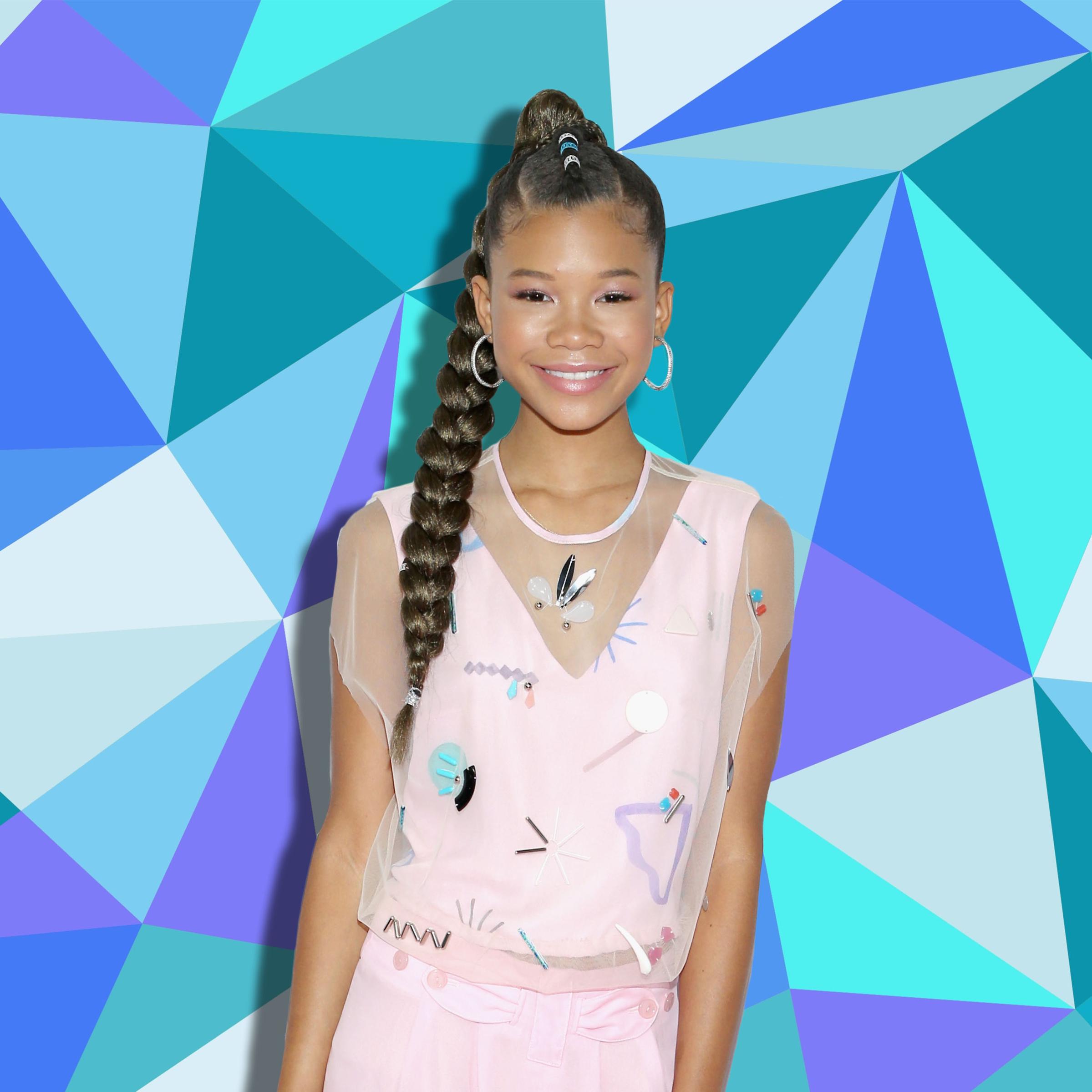
In Ava DuVernay’s diverse re-imagining of A Wrinkle in Time, which premiered earlier this year, Reid appeared alongside Oprah Winfrey, Reese Witherspoon and Mindy Kaling as the main character, Meg Murry—a role that Reid told the Washington Post allowed her to “represent girls who look like me and let them know they can do anything.” Now the self-described “future filmmaker”—who made her feature film debut in 12 Years a Slave at age 10—is not only set to star in another of DuVernay’s hotly anticipated projects, the Netflix miniseries Central Park Five, but also the 2019 Blumhouse Productions thriller Relive. —Megan McCluskey
Thandiwe Abdullah, 15
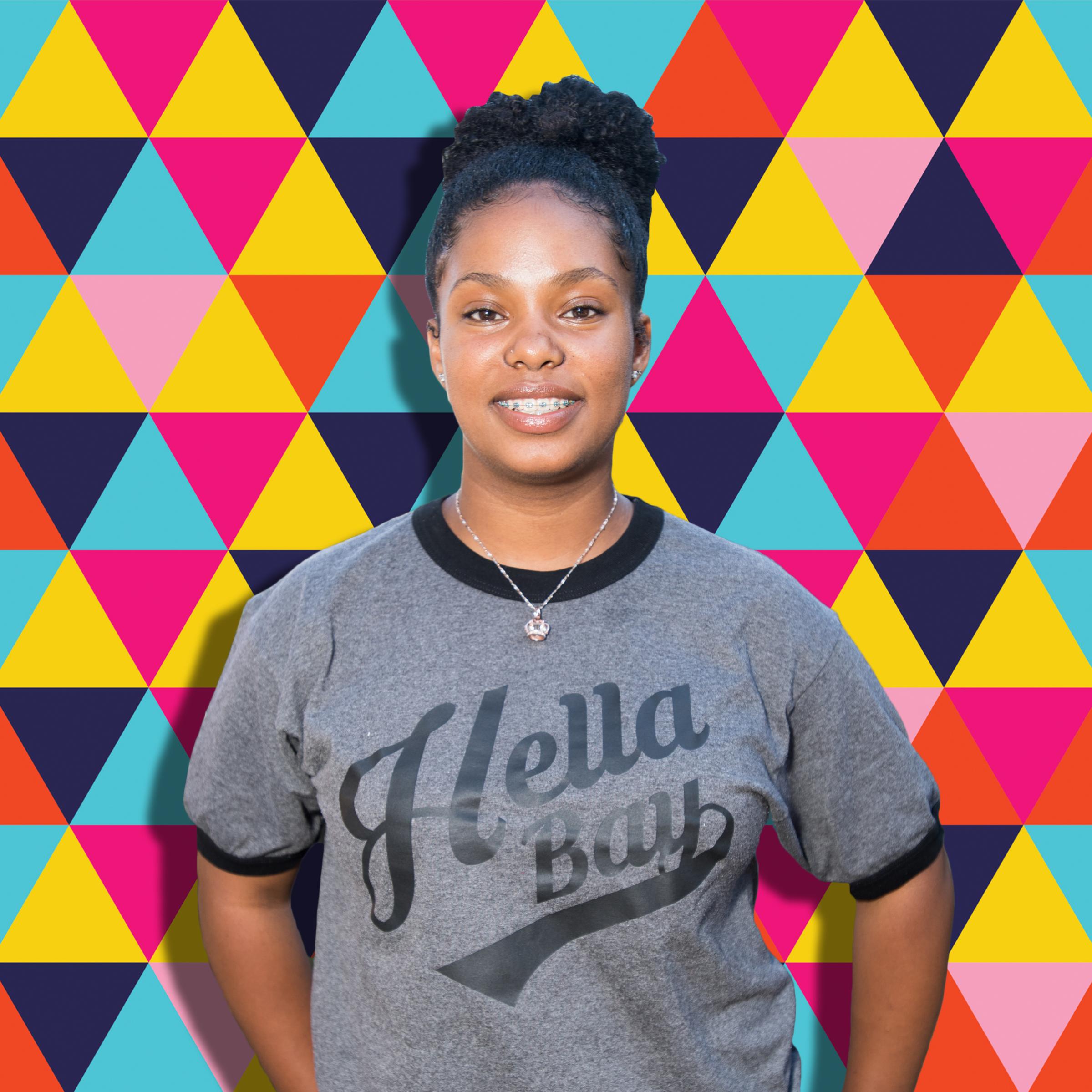
As a co-founder of the Black Lives Matter LA Youth Vanguard, Abdullah has become one of her generation’s most powerful voices on issues relating to social justice. This year alone, she has advocated for black youth in front of half a million people during the Women’s March in Los Angeles and written a widely shared op-ed for Bustle that addressed the need for intersectionality within the Never Again MSD movement. Through the Youth Vanguard, Abdullah also helped create “Black Lives Matter in Schools,” a program that aims to end the policing and profiling that black and brown students experience; its agenda was recently adopted this summer by the National Education Association. Now Abdullah is looking to the future, with plans of practicing law and continuing her work as an activist. “I want to change the world’s perception of black youth and to empower black youth to claim their own space and demand to have our needs met,” Abdullah tells TIME. “I want to transform the systems that we live under from ones that oppress us to ones that empower us.” —Cady Lang
Bhad Bhabie, 15
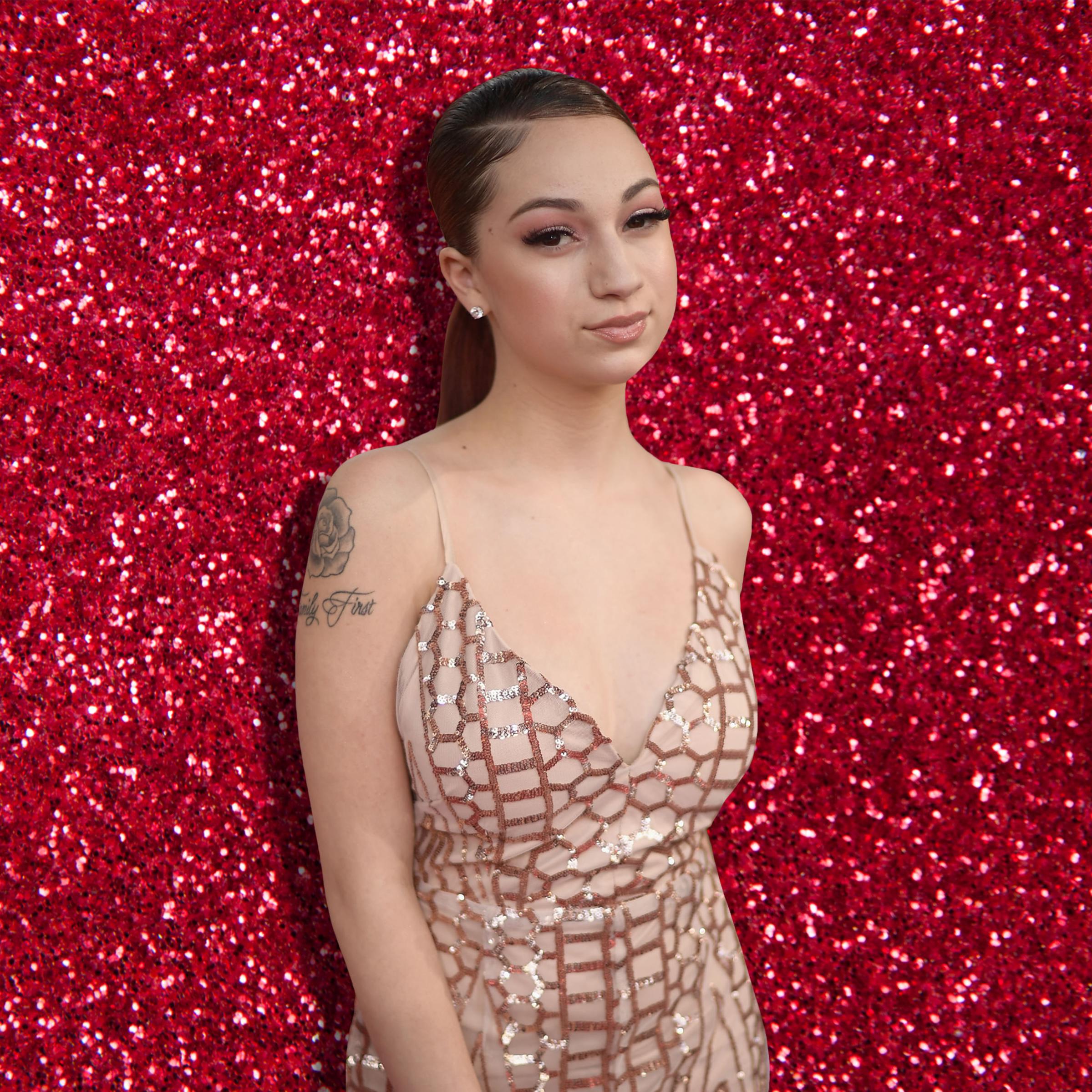
It’s hard to imagine a more fitting title for Bhad Bhabie’s debut mixtape than 15. The name refers not only to her age, but to the number of minutes her fame might have lasted had she not leveraged viral meme-hood into a legitimate music career. Her public life began in late 2016, when Bhabie (real name: Danielle Bregoli) appeared on an episode of Dr. Phil titled, “I Want To Give Up My Car-Stealing, Knife-Wielding, Twerking 13-Year-Old Daughter Who Tried To Frame Me For A Crime.” At one point, the audience booed her, and Bregoli turned to them and shouted, with outsize confidence, “Cash me outside, how ‘bout dah?” A meme was born, and eventually, so was a rap career. “When I became famous and realized that I could literally do whatever I wanted,” Bregoli says, “music was the first thing I wanted to do.” In September 2017, she signed a multi-million dollar deal with Atlantic Records, and with her recent single, “These Heaux,” Bregoli became the youngest female rapper ever to chart on the Billboard Hot 100. Next up: a Snapchat reality show. And while Bregoli is floored that she’s gone from spending some nights sleeping on the floor of a trailer to being one of this year’s popular Halloween costumes, she recognizes that she’s not exactly a role model. “Y’all can dress like me,” she says. “Just don’t act like me.” —Eliza Berman
Greta Thunberg, 15
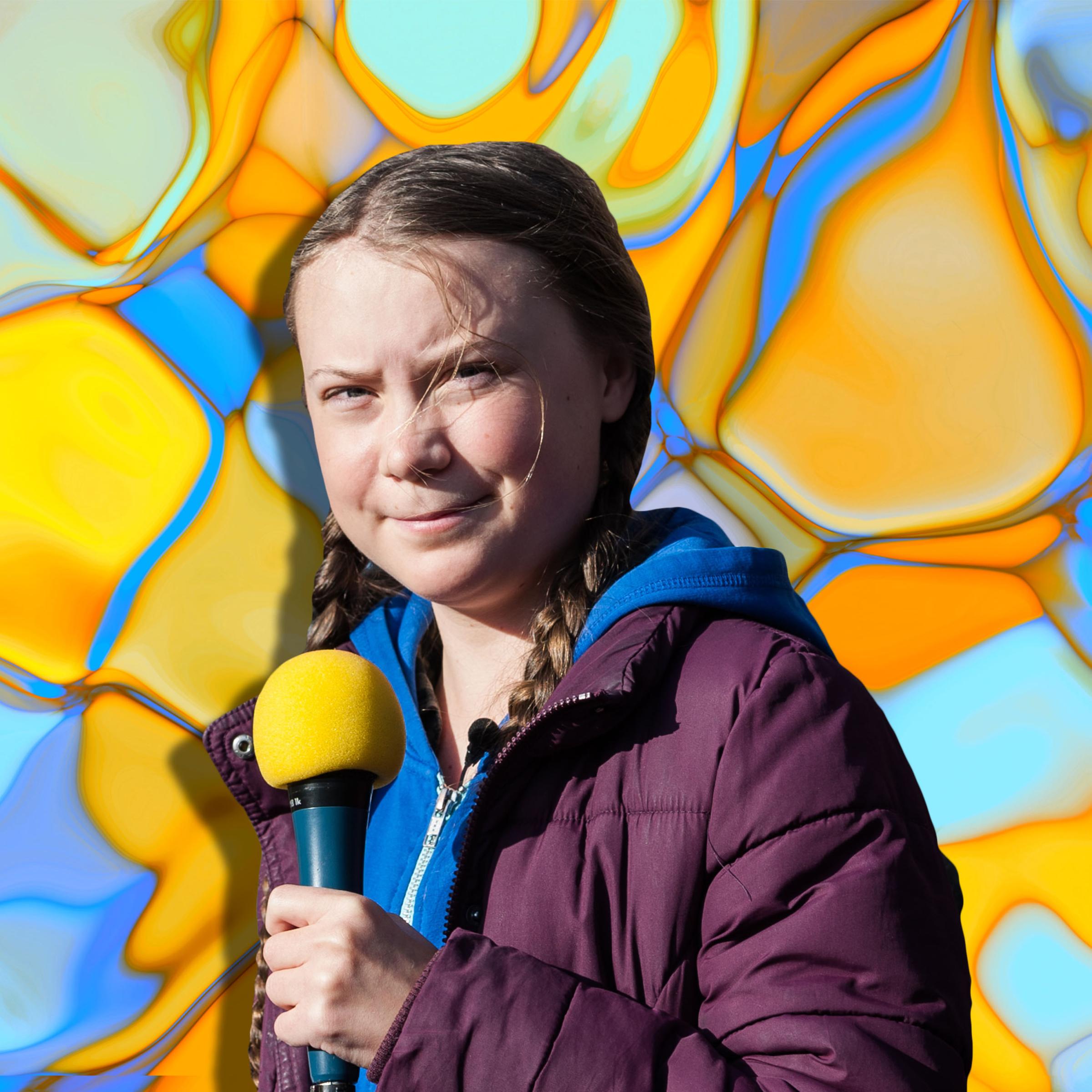
Before Sweden’s general elections in September, Thunberg went on a three-week strike from school in an effort to urge her government to act on climate change. “I thought that nothing is happening and no one is doing anything — it is my moral duty to do what I can,” she tells TIME of her mission. “I cannot vote, so this is a way that I can make my voice heard.” Since then, Thunberg has inspired hundreds of similar school strikes around the world, including a mass school walkout in Australia. She has also been nominated for an international prize for her activism and recently met with the U.N. Secretary General at the COP24 climate summit in Poland. She plans to strike every Friday until Sweden is aligned with the Paris Agreement on climate change; while the Scandinavian country is one of only a handful in Europe actively pursuing policies to meet the climate goals, Thunberg says it is not enough. In October, she took her message to a crowd of more than 10,000 at a climate change demonstration in Helsinki. “Instead of worrying about the future, you should try to change it while you still can.” —Suyin Haynes
NCT Dream, 16-19
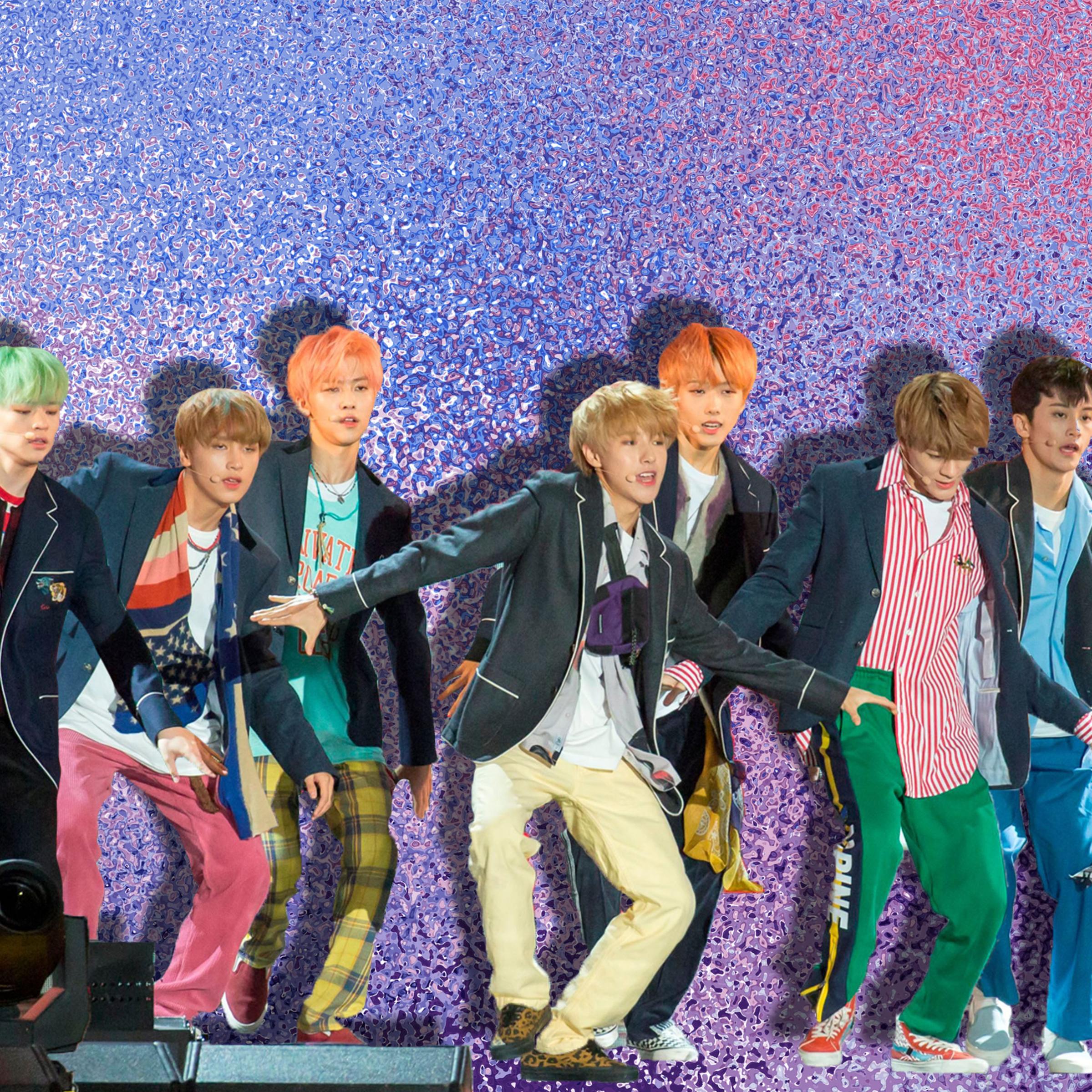
With their synchronized choreography, bold aesthetic and dynamic performances bridging rap and song, seven-member K-pop group NCT Dream may appear similar to other rising boy bands from South Korea. But the group boasts a special feature: It consists only of members below the age of 20, as it’s fashioned as the youth subunit of umbrella group NCT. Together, Mark, Renjun, Jeno, Haechan, Jaemin, Chenle and Jisung made headlines this year when their mini-album, “We Go Up,” peaked at #5 on Billboard’s World Albums chart and topped iTunes Albums charts in 15 countries. A big part of the group’s appeal is that they connect with teenagers, as teenagers. “More than just putting on a performance with great visuals and choreography, we really want our music to be a reflection of the thoughts and struggles that teens our age go through,” Mark tells TIME. The group’s title tracks have followed a narrative of the stages of adolescence, transitioning from innocence to rebellion—and growth. “For the older fans, I hope that NCT Dream could be a group that helps them reminisce and look back on their younger selves,” Haechan says. —Kat Moon
Billie Eilish, 16
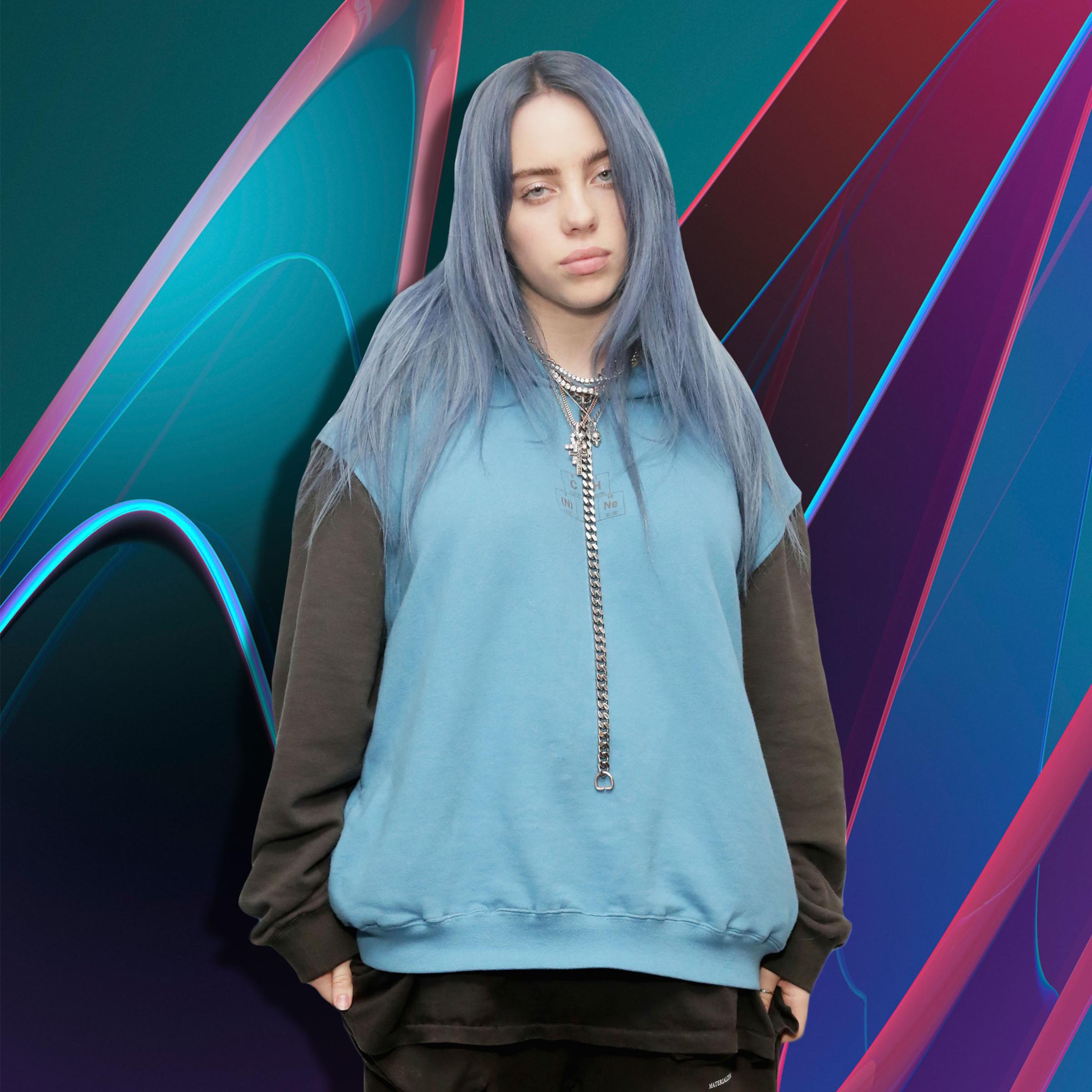
Billie Eilish was just trying to send some music to her dance teacher when she uploaded “Ocean Eyes,” a song she recorded with her brother, to Soundcloud in 2016. Now, two years after that track went viral, Eilish is a rising star in the music industry. Her songs have been streamed more than 2.5 billion times and her first North American tour sold out within minutes. The Los Angeles teen, who comes from a family of creatives, projects an intimidating image—she cries black tears in a music video, sings from the perspective of a serial killer and the first song she ever wrote was about the zombie apocalypse. But behind the brooding expression, she says, she’s “a little flower,” never more humbled than when a fan is moved by her music. She hopes someday to direct music videos and design everything from shoes to cars. “I can’t imagine a life that doesn’t involve creativity,” she says, “or at least inspiring other people.” —Eliza Berman
Isabel and Melati Wijsen, 16, 17
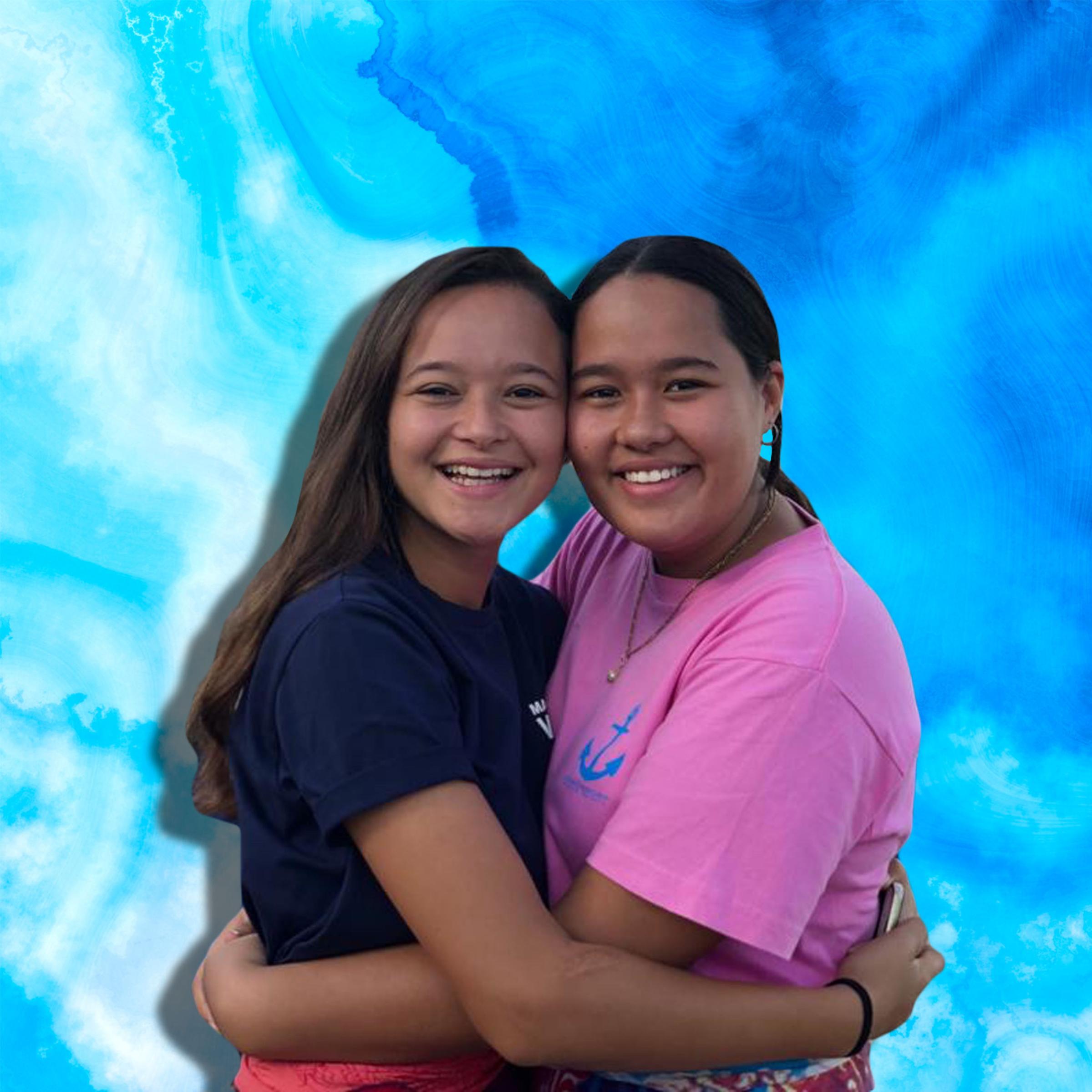
Melati and Isabel Wijsen were swimming in the waters of Bali when they noticed something that didn’t belong: floating plastic bags. And so in 2013, at ages 12 and 10, the sisters from Indonesia launched Bye Bye Plastic Bags to raise awareness about the issue. Their profile has risen considerably since then. This year, they organized Bali’s Biggest Clean-up, with 20,000 people collecting 65 tons of waste; they also helped get 350 local businesses to commit to eliminating the use of everyday plastic products like cups and straws within the next two years. Beyond their home island, Bye Bye Plastic Bags has also met with policy makers, like South Korea’s Minister of Environment, and spoken at environmental conferences, like the UN-sponsored International Marine Debris Conference in San Diego. But what the sisters value most is being able to give talks in classrooms. “Our golden moment and cherry on-top is definitely seeing when we can mobilize and activate young people,” Melati says. —Kat Moon
Ahed Tamimi, 17
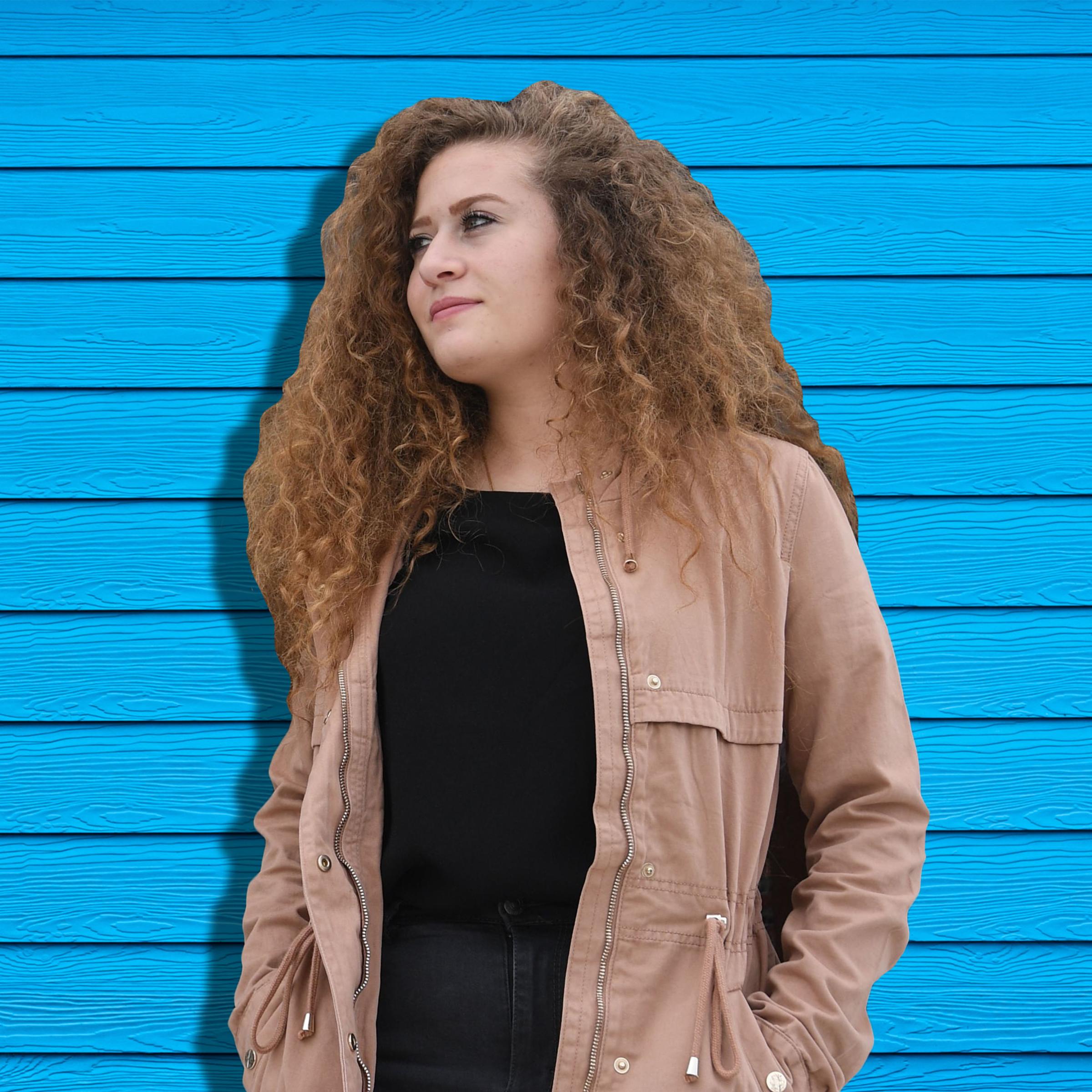
Even when it’s not in the headlines, the Israeli-Arab conflict grinds on along a thousand points of friction, including the weekly protest at the West Bank village of Nabi Saleh. Each Friday, Palestinians gather to march toward a nearby spring taken over by Jewish settlers. Israeli soldiers confront the march, answering stones with tear gas and rubber bullets. On Dec. 15, 2017, Ahed Tamimi slapped a soldier’s face—an action that earned her both jail time (she turned 17 in an Israeli prison) and, once a video went viral, international recognition. Now Tamimi is being hailed as a leader in a new generation of Palestinian nationalism and urges a new approach to ending the 51-year Israeli occupation. “I didn’t do anything wrong that I should regret,” Ahed told the New York Times, who plans to study law and confront Israel in international courts. “At the end of the day, the soldier came to my house. I didn’t go to his house.” —Karl Vick
Tania Speaks, 17
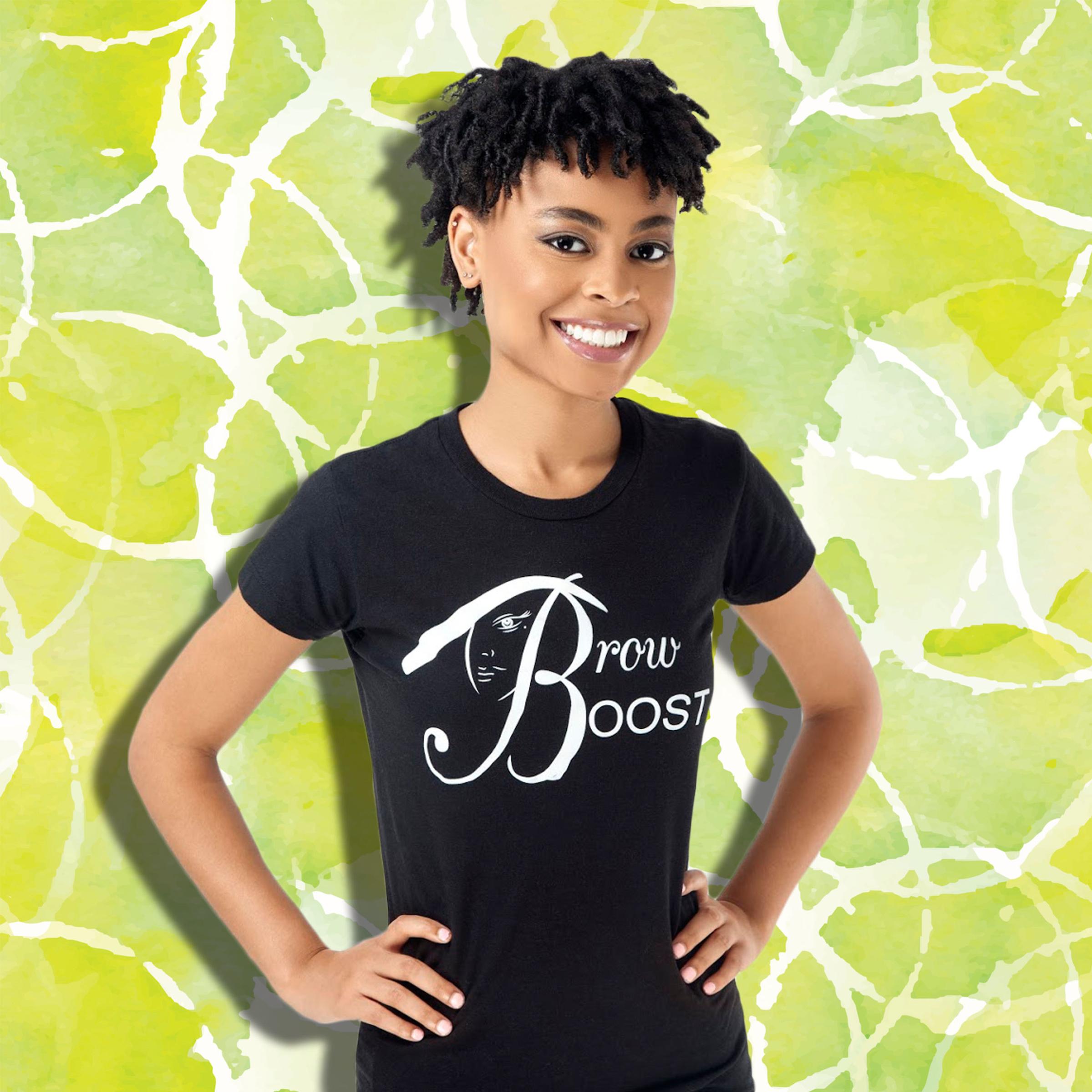
Tania Speaks never thought that an emergency room visit she made as a child would be the genesis of her future as an entrepreneur. But a decision she made from a place of pain—cutting off her eyebrows after years of being bullied for their full, bushy shape—led to the idea that changed everything for her. When she returned to school only to find that the bullies were now harassing her for the scars where her eyebrows once were, she decided to grow them back. She tried several different products she picked up at the drug store. But, dissatisfied with the results, she decided to experiment with her own concoctions. She researched organic ingredients like aloe vera and vitamin E and set up a workstation in her living room for mixing different solutions, which she tested on herself. When rave reviews came in from family members, she began selling the product out of her high school bathroom, launching Brow Boost in 2016 and later adding a product for facial hair. After taking a small loan from her mother, she grew the business by 60% in less than half a year. Now in college studying entrepreneurship, she hopes to launch new companies in the future. But even as she looks forward, she never forgets where her story began. She shares her journey with children, speaking at elementary and middle schools, where she encourages victims of bullying to channel their energy into hobbies they love. Recently, one child burst into tears telling Speaks how much her words meant during a lonely time. “I treasure these moments,” she says. “Every kid I can inspire is enough to keep me going.” —Eliza Berman
The Parkland students, 18-19
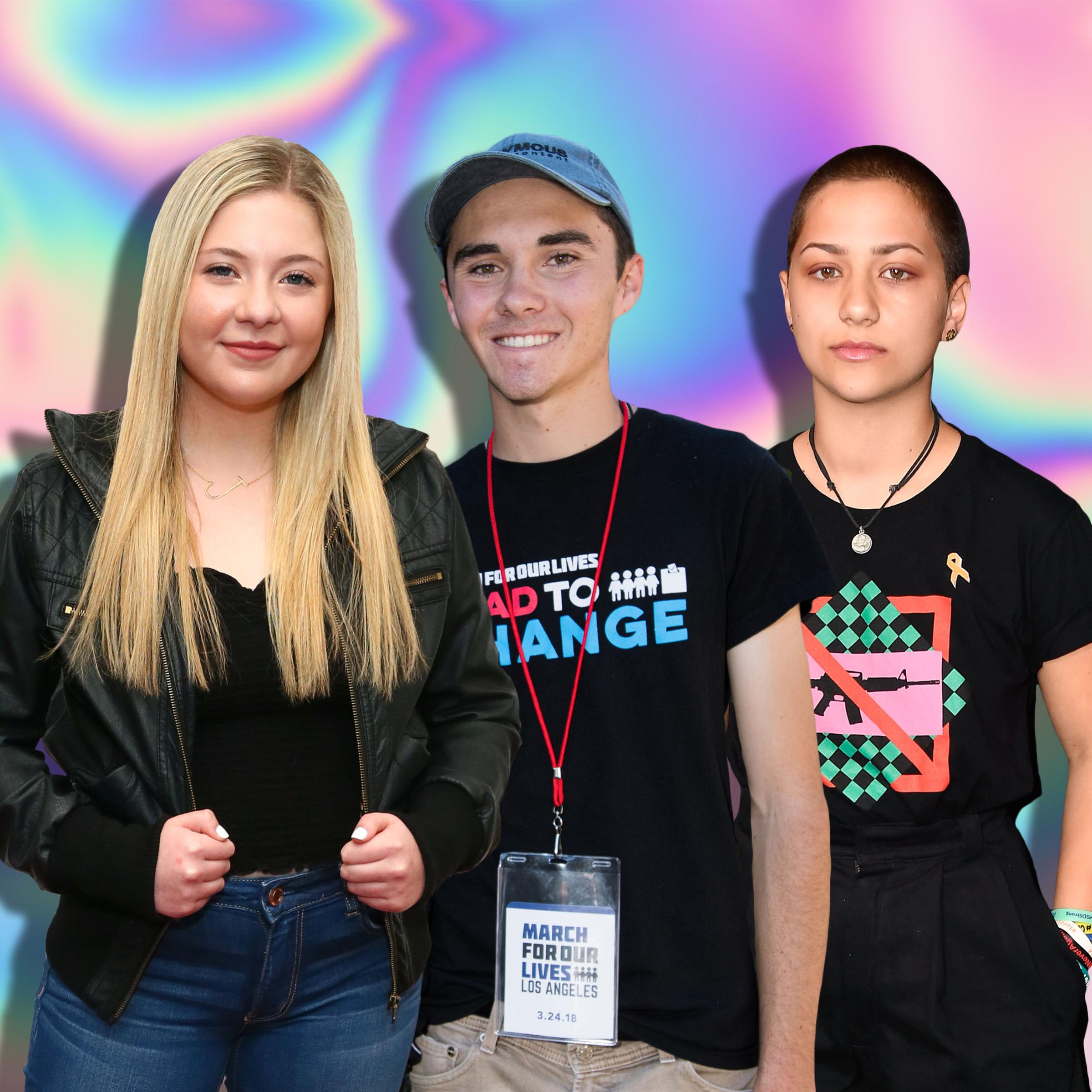
In the immediate aftermath of the mass shooting at Marjory Stoneman Douglas High School in Parkland, Fla., which claimed the lives of 17 students and teachers on Valentine’s Day, a group of young survivors emerged as some of the nation’s most prominent voices for gun reform. Furious over the deaths of their peers, the student activists—who include Emma González, Jaclyn Corin and David Hogg—launched the March For Our Lives movement and organized a historic rally against gun violence in March in Washington, D.C., which drew tens of thousands of people and earned them a tribute from President Obama in this year’s TIME 100. In June, the Parkland students embarked on a national bus tour, signing young people up to vote during multiple stops they made in at least 27 states in two months. The teens directly registered more than 50,000 people for November’s midterm elections, many of whom were first-time voters. “It’s not about empowering people,” says Corin, 18, of the students’ efforts. “It’s about making them realize they already have that power in them.” —Melissa Chan
Kavya Kopparapu, 18
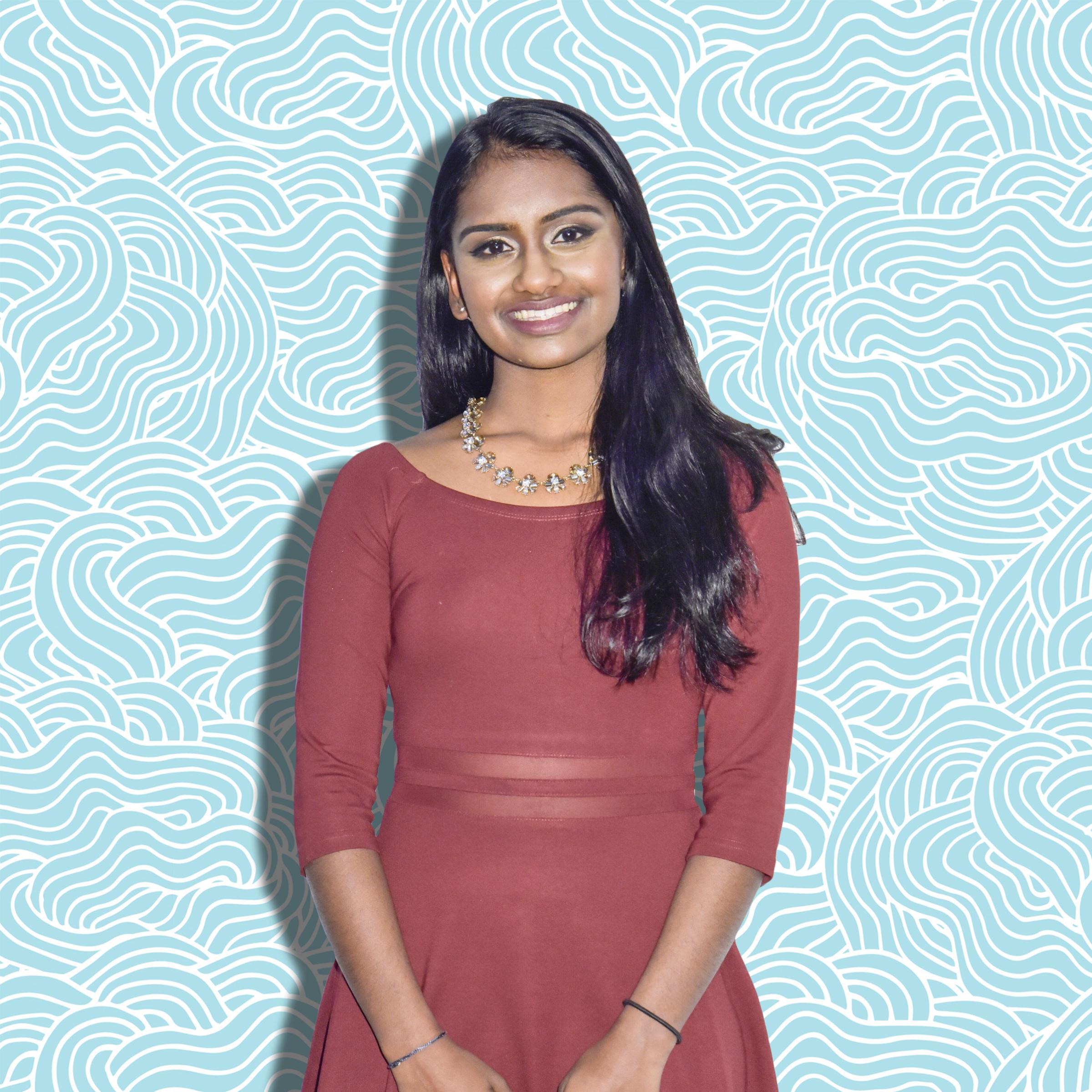
In 2017, Kopparapu, now a freshman at Harvard University, was reading a story about the late Sen. John McCain, who was battling the aggressive brain cancer known as glioblastoma. What stuck with Kopparapu was the part of the story that mentioned that in the past 30 years, the survival rate for the disease has barely budged. “I thought, Why is that?” she says. “We have so much innovation that it didn’t make sense that we hadn’t gotten better.” So she set out to change things, developing a deep-learning computer system that can scan slides of tissue from brain cancer patients looking for differences in density, color, texture and cellular alignment that are unique to that particular person’s case. The goal: to develop targeted therapies that are also unique to the person. Her system has been awarded a provisional patent, and this year, she hopes to begin clinical tests in collaboration with a neuropathologist at Georgetown University. In addition, she is the founder of the non-profit Girls Computing League, which works this year to bring computing opportunities to girls in the northern Virginia and Washington, DC area. —Jeffrey Kluger
Adut Akech, 18
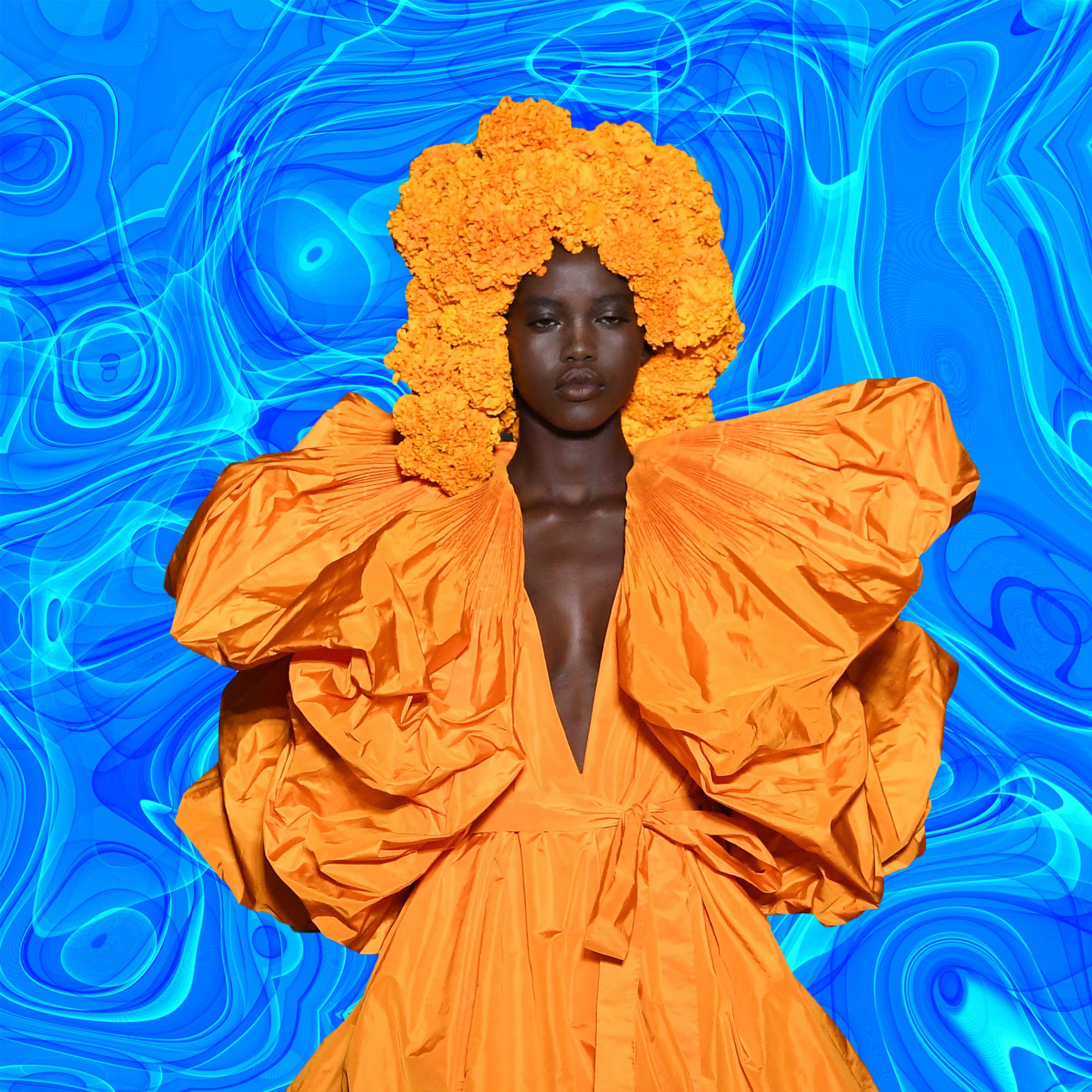
Since making her high-fashion debut just two years ago, Adut Akech has become one of the fashion industry’s most sought-after young models. It’s a future she hardly predicted for herself: Born in South Sudan, Akech spent her childhood in Kenya’s Kakuma refugee camp before moving to Adelaide, Australia, where she was scouted by local agencies, eventually signing with Sydney-based Chadwick Models. Akech, who was recently nominated for the 2018 Model of the Year by the British Fashion Awards, credits supporters like supermodel Naomi Campbell and British Vogue editor Edward Enninful—who put her on the cover of the magazine’s December issue—for helping to pave the way for her success. She’s also vocal about paying it forward, whether that means speaking out about the need for diversity in fashion, combating issues like poverty or amplifying the stories of fellow refugees. “I hope that with every ‘achievement,’ I can also give back in some way, whether it is giving a voice and hope to refugees around the world or simply inspiring other youth like myself to continue doing our best,” she tells TIME. —Cady Lang
Jace Norman, 18
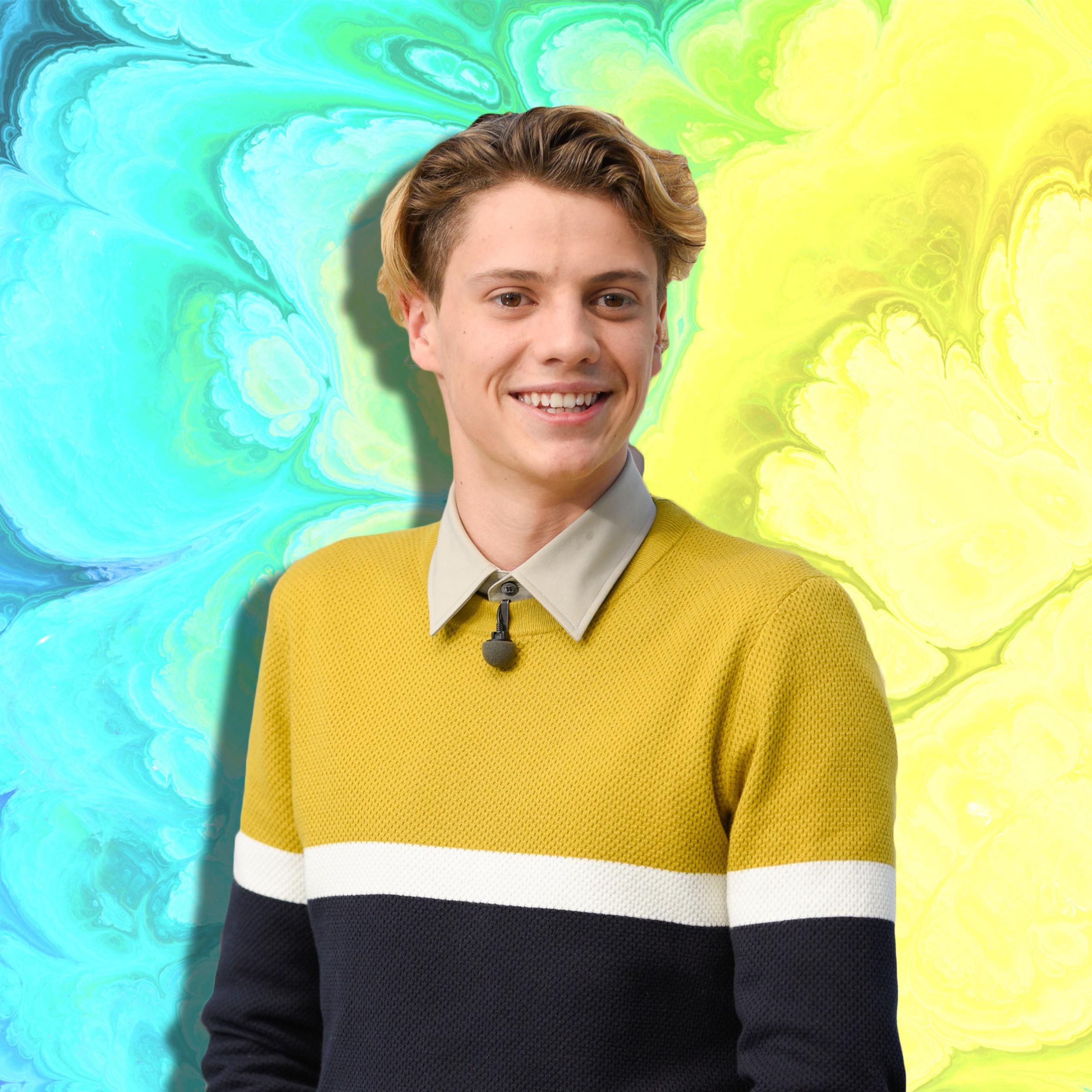
To most of his fans, Jace Norman is known as superhero sidekick Kid Danger on the hit Nickelodeon television series Henry Danger. But in the past two years, he’s been branching out offscreen, as well—a decision he says was spurred by hanging out on the Henry Danger set. “I would stay after work and watch the writers produce the show,” he tells TIME. Last year, Norman started his own social-media marketing company, Creator Edge, which recently partnered with Viacom to create a series of original content; he also has two shows in the works, one he is producing and one he will star in. His advice to other aspiring young entrepreneurs: stay humble. “Being a kind person and not expecting anything to come to you has a way of making people more willing to help you,” he says. —Wilder Davies
Chloe Kim, 18
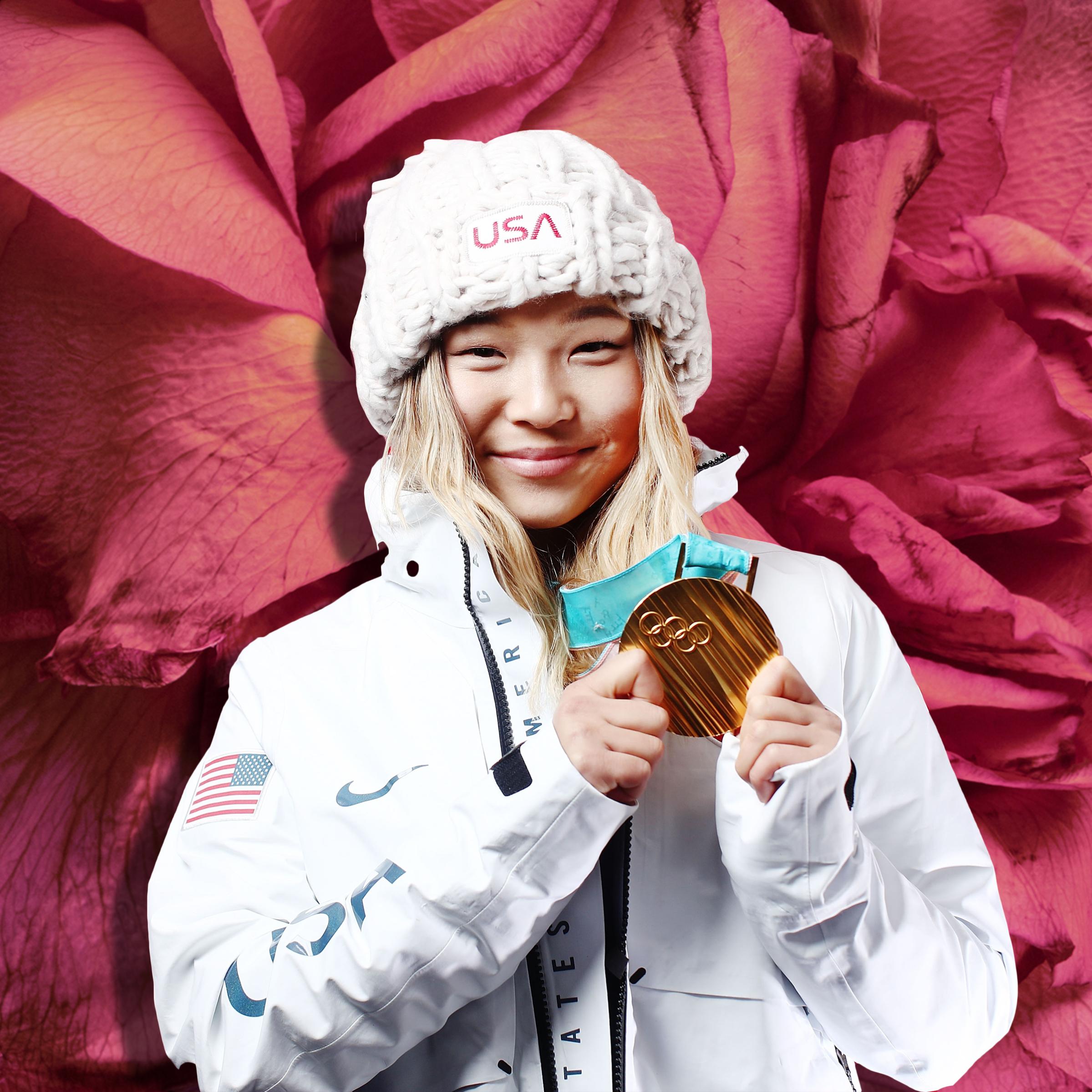
Snowboarding superstar Chloe Kim had already clinched an Olympic gold medal when she entered the halfpipe for her final run in Pyeongchang. She could have waltzed her way down the pipe and enjoyed a coronation for becoming the youngest woman to ever win the event’s gold medal. Instead, she risked life and limb to land back-to-back 1080s—three full revolutions in the air per trick. “I really wanted to do my best run possible and knew I would have regretted if I didn’t,” Kim, 19, e-mails TIME from her training base in Switzerland. “So yah I am happy.” She remains in top form: In July, ESPN named Kim Best Female Athlete at its ESPYs award show, and in October, she nailed her first “frontside double cork 1080”—two diagonal flips while spinning 1080 degrees—while training in Switzerland. —Sean Gregory
Jack Cable, 18
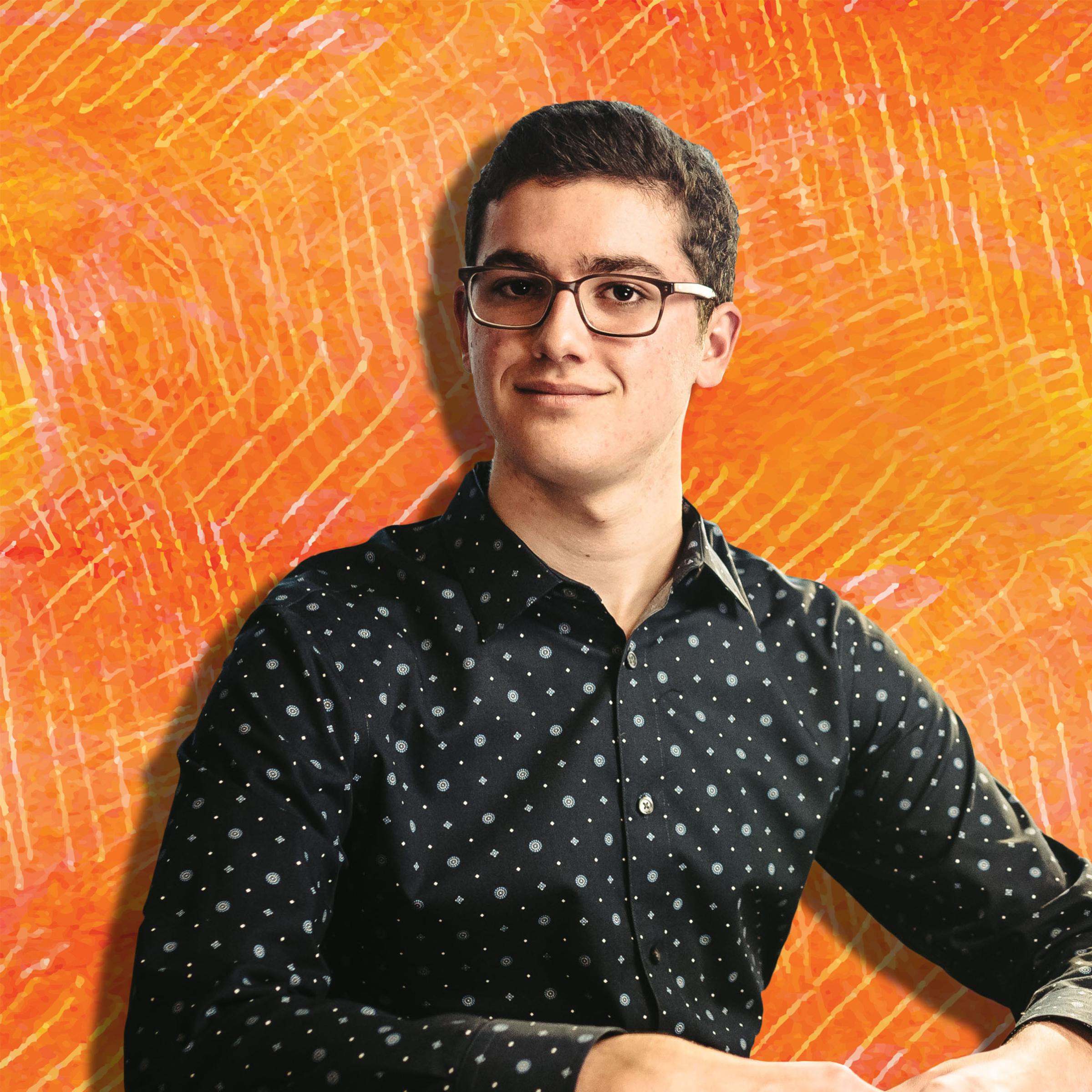
Jack Cable is a rising star in the world of white hat hackers—programmers who use their technical expertise to find and report bugs and vulnerabilities instead of exploiting them. Three years ago, the 18 year old got his first taste of bug bounty hunting after finding a vulnerability in a cryptocurrency site, one that allowed him to withdraw money from people’s accounts simply by entering a negative number. “I knew that definitely shouldn’t happen,” says Cable, who reported the bug. He’s since taken first place in various competitions, including the U.S. Department of Defense’s Hack the Air Force program. Last October, Cable flew to Kyiv, Ukraine, and won the HackIT Cup where Apple co-founder Steve Wozniak presented him with his award. Now a student at Stanford University, Cable has started his own firm, Lightning Security, and works with cryptocurrency companies to shore up their protection against malicious behavior. “Ten years ago, people would go to jail for stuff like this…there’s no way I would’ve gotten the same response,” he says. —Patrick Lucas Austin
Amika George, 19
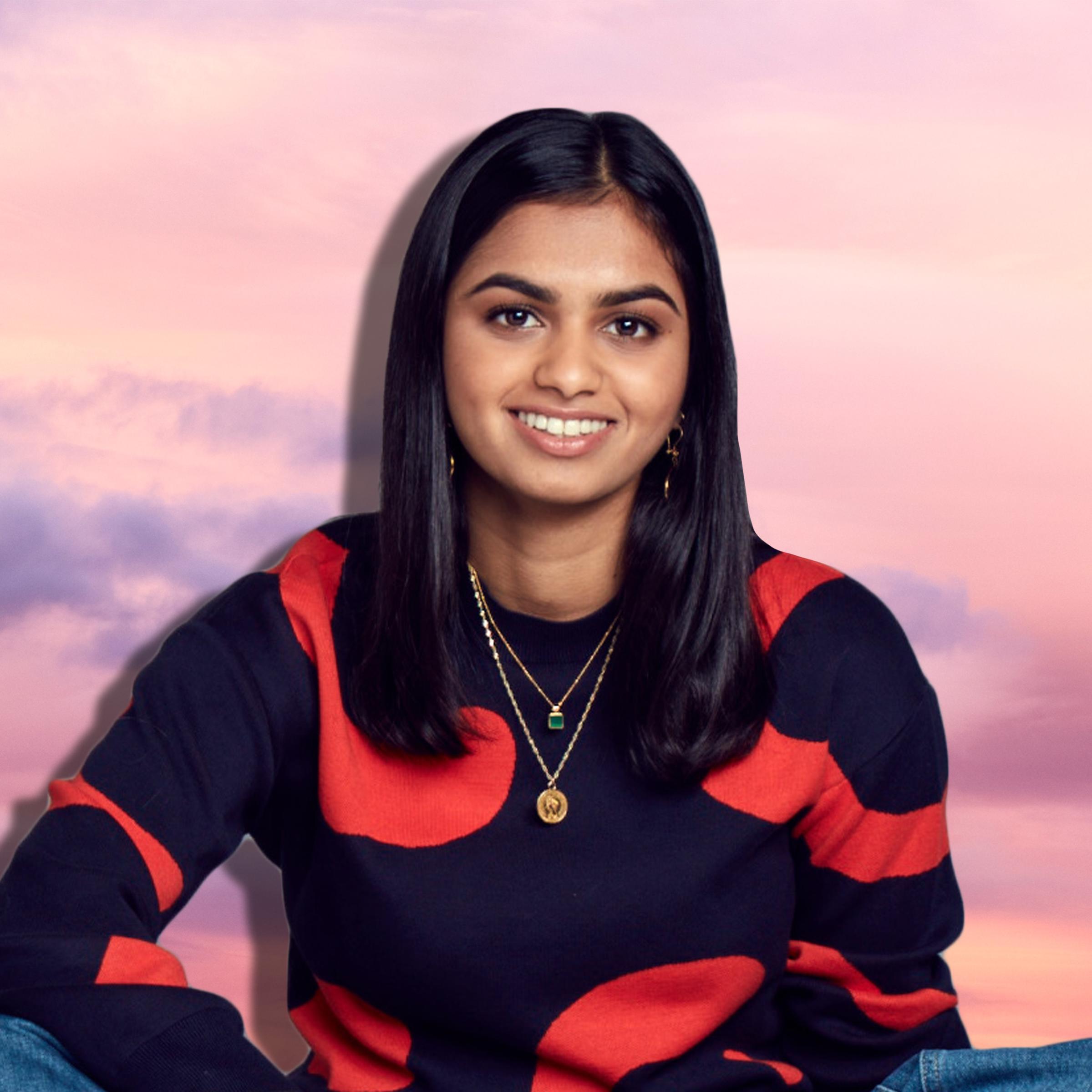
Last December, nearly 2,000 people showed up for a protest outside U.K. Prime Minister Theresa May’s home, led by 18-year-old Amika George. Her goal: convince policymakers to end “period poverty,” as she calls it, by funding the distribution of menstrual products to girls and women who can’t afford them. “It really upset me,” she tells TIME of learning that many girls in the U.K. were routinely missing school during their periods because they couldn’t afford to buy menstrual products. “The government knew this was happening on their watch, but they were refusing to find a solution.” She launched the #FreePeriods campaign as a response, gathering nearly 200,000 signatures on her petition to help eradicate period poverty; the movement eventually garnered the support of over a dozen U.K. policymakers, galvanizing the government to allocate funds to the issue for the first time. But George, who was honored with the Bill and Melinda Gates Foundation’s Goalkeepers Campaign Award this fall, says she is just getting started. “We can’t trust our policymakers to take action on issues that seem so obvious to us,” she says. “If we want to see change, it falls on us to create that change.” —Raisa Bruner
Margielyn Didal, 19
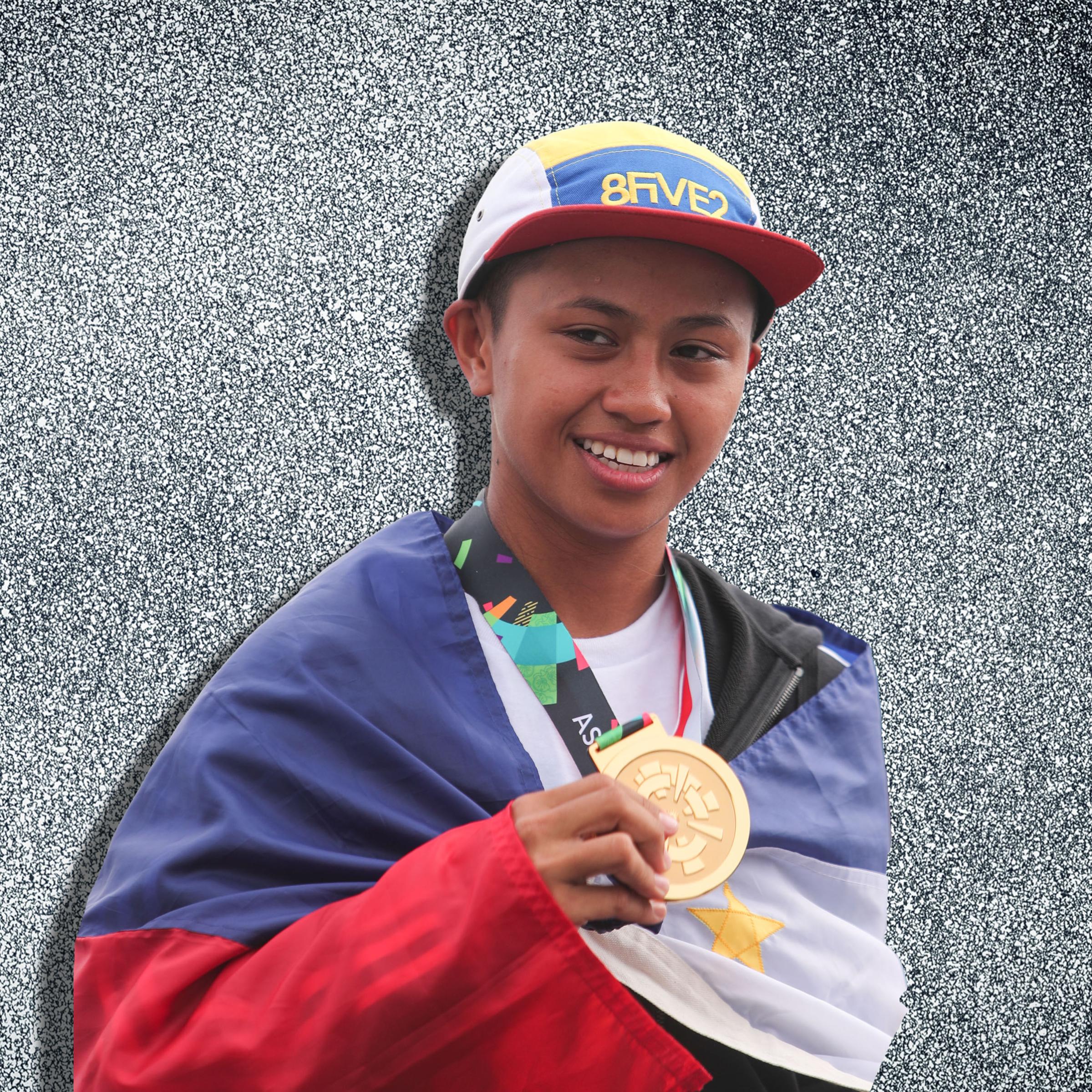
This summer, the 19 year old from Cebu City, Philippines, won the gold medal in women’s street skateboarding competition at the Asian Games—and became a national hero in the process. “We didn’t even have a street skating park where I grew up,” says Margielyn. Speaking to TIME from Bangkok where she was holding a skate demo, Didal credits her family and her girlfriend with keeping her motivated to skate. One of five siblings, she started competing—and placing—in competitive events without even owning her own skateboard, to the initial dismay of her mother, a street food vendor, and her father, a carpenter. “At first, my parents didn’t support me as much because skating wasn’t seen as a ‘girly thing,’ but they 100% support me now,” she says. Since Didal’s triumph, Cebu’s mayor pledged to build a new dedicated skatepark in her honor, with her input. Now, Didal is looking ahead to the 2020 Tokyo Olympics, where skateboarding will be included as an athletic event for the first time. “It’s going to be the big goal in my life to get that gold medal,” she tells TIME. That medal would be the Philippines’ first Olympic gold and would help cement skateboarding’s status as a serious sport in the country. “I want to build a new generation of skaters for the future.” —Suyin Haynes
Kylian Mbappé, 19
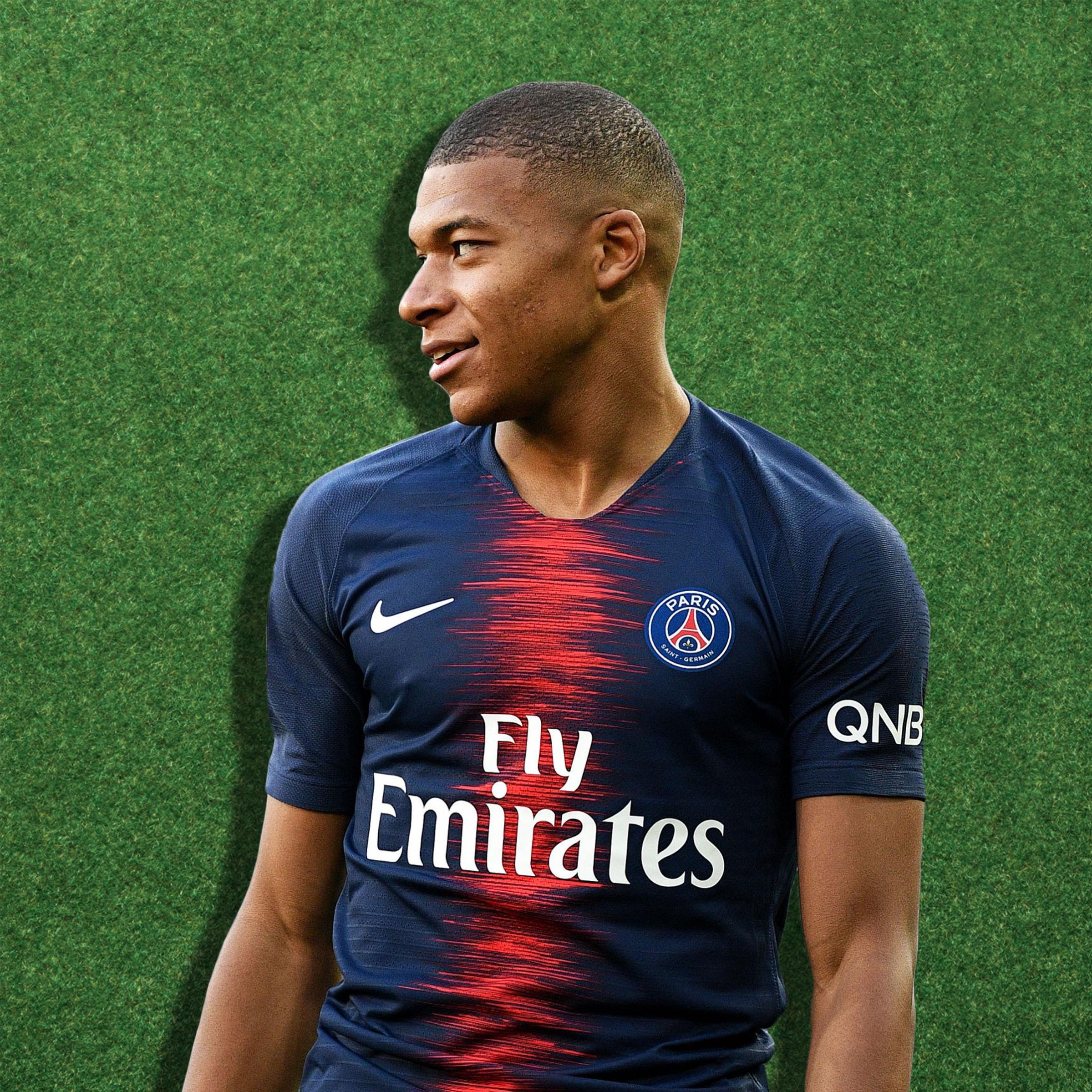
The future of the world’s most popular sport rests on the fleet foot of a French teenager. Kylian Mbappé, 19, enthralled soccer fans at the 2018 World Cup in Russia, as he danced through defenses on the way to leading Les Bleus to their first title in two decades. Mbappé became the first teen since the legendary Pelé, 60 years ago, to score a goal in the World Cup final. But his actions resonated far beyond the soccer pitch. As the son of African immigrants and product of one of the low-income banlieus, or suburbs that surround Paris, the young phenom—who plays professionally for the club Paris Saint-Germain—also represents hope for a more inclusive Europe. —Sean Gregory
Kiernan Shipka, 19
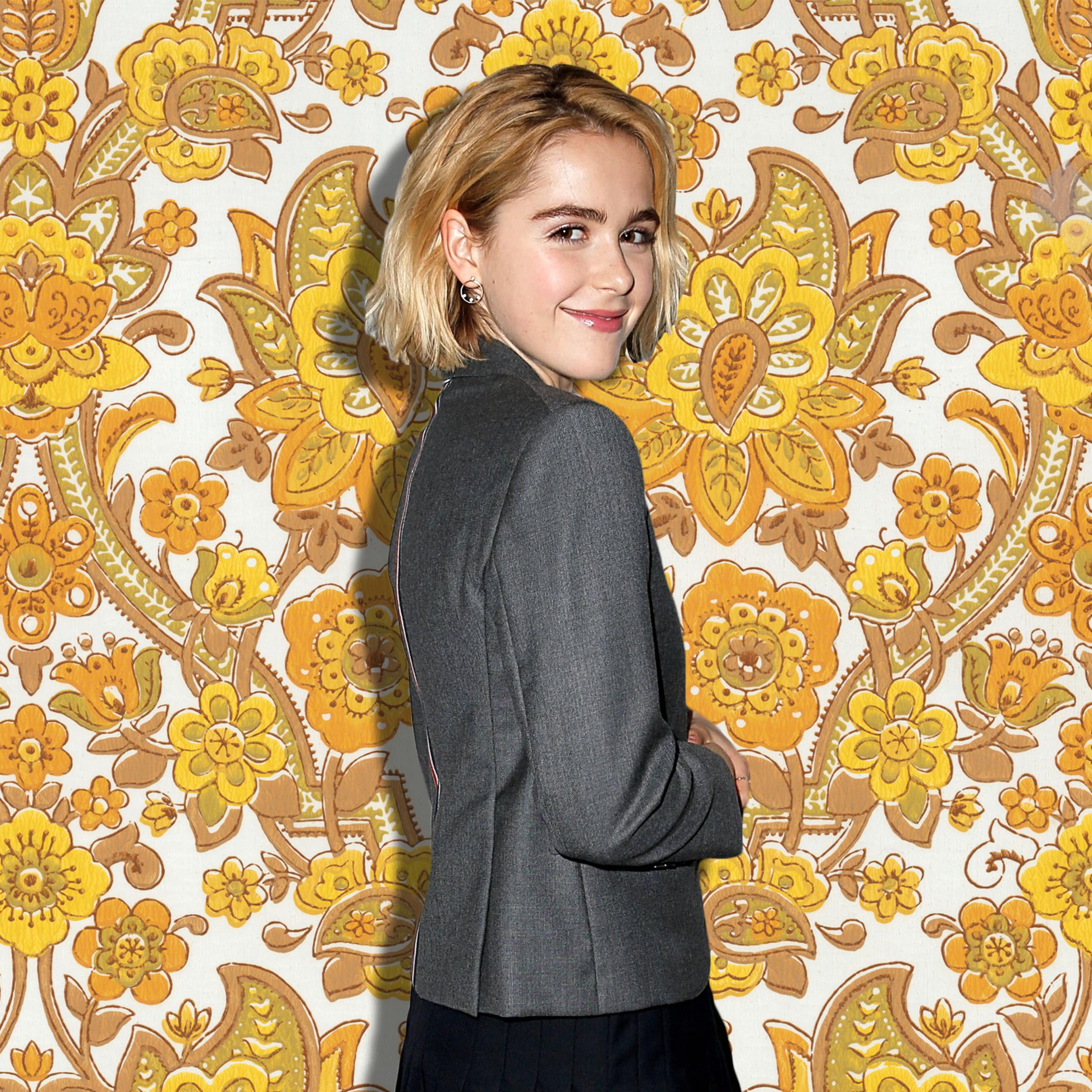
Many child actors make their names in kiddie fare, but it seems appropriate that an old soul like Kiernan Shipka got her big break, at six, on Mad Men—perhaps the most grown-up hit in TV history. Even in early seasons, Shipka’s Sally Draper fused her mom’s petulance with her dad’s inscrutability to uncanny effect. This fall, on the heels of juicy roles in FX’s Feud and indie chiller The Blackcoat’s Daughter, she stepped into the pointy shoes of Archie Comics’ teen witch Sabrina Spellman, in Netflix’s dark teen drama Chilling Adventures of Sabrina. And the character has already resonated with Shipka’s politically aware peers: “She’s a woke witch,” Shipka told Variety. “She’s a strong independent woman and she stands up for herself and she does what she thinks is right.” —Judy Berman
Sheku Kanneh-Mason, 19
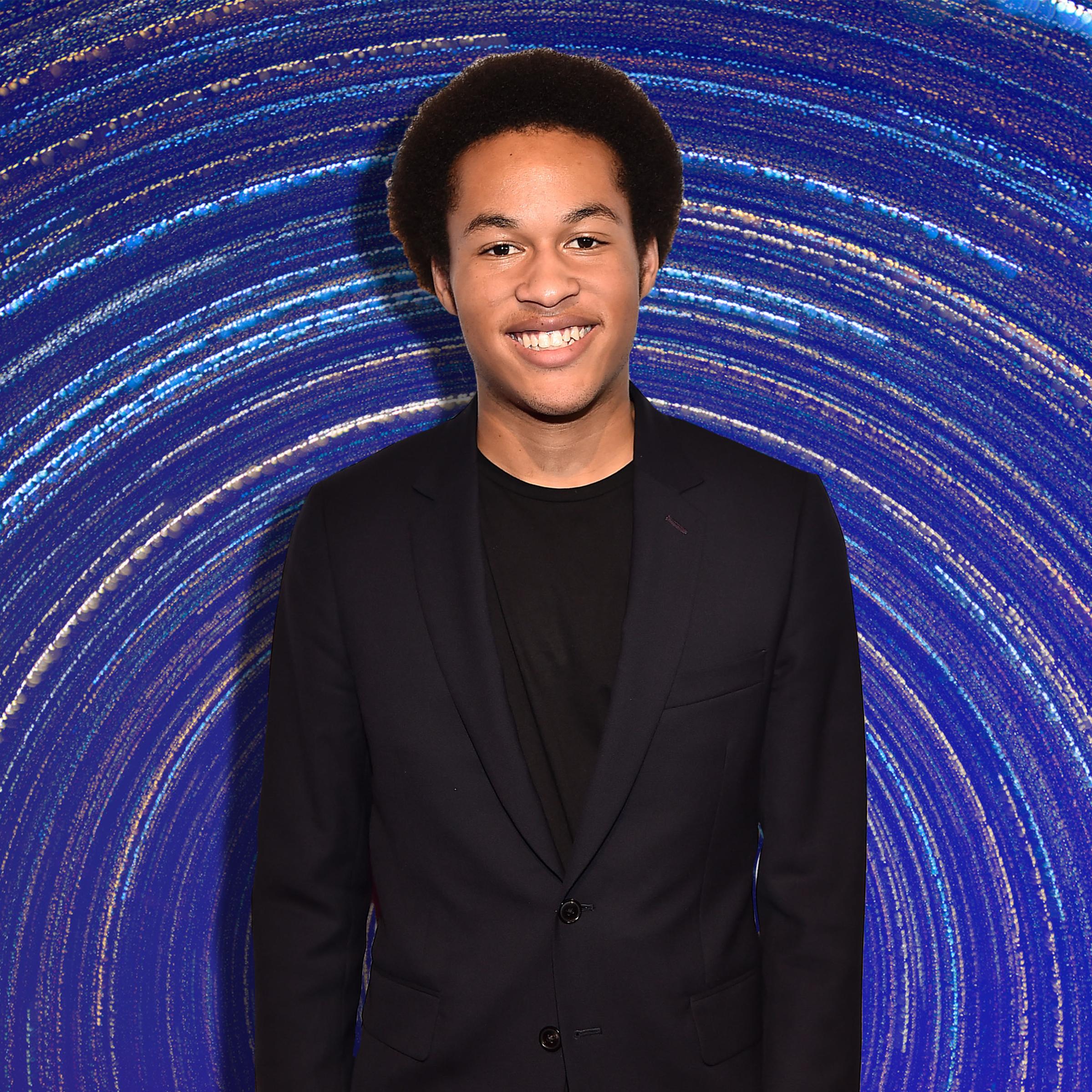
Millions first encountered Sheku Kanneh-Mason during the Royal Wedding, at which the cello prodigy was personally chosen by Prince Harry and Meghan Markle to play while they stepped out to sign their registry. (Social media affectionately dubbed him #cellobae.) But even before then, the teenage Brit was making waves in classical music: In 2016, Kanneh-Mason became the first black musician to win the BBC’s prestigious Young Musician of the Year award. Since then, he has released a record-setting classical album, announced an international tour, and continued to bring new fans to classical music. “The music itself can appeal to anyone,” he says. “It’s just a case of people having the chance to hear it or see it.” —Casey Quackenbush
Joey King, 19

Joey King’s Instagram followers shot up from 600,000 to 6 million after the massively popular teen rom-com, The Kissing Booth, premiered on Netflix in May. Most of her newfound fans are teen girls, but not all. “I was on an airplane from Istanbul,” she says, “and a 73-year-old Turkish man recognized me from the movie.” As the star of the film, King has had to answer critics who say that The Kissing Booth promotes sexist tropes. (At one point, her character gets slut-shamed by the school principal after being groped, while her love interest is lionized for fist-fighting the groper.) “I agree that our movie shows bad behavior towards women,” she says. “But I think the lesson is that you shouldn’t be the guy who grabs girl’s butts.” On social media, King uses platform to shine a light on issues like sex trafficking and gun control: “Now that I am of voting age and have educated myself politically, I feel inclined to share what I’ve learned with people who may look up to me.” —Eliana Dockterman
Correction, Dec. 10: The original version of this story misstated Kylian Mbappé’s last name. It is Mbappé, not Mpabbé.
Correction, Dec. 11: The original version of this story misstated a nickname for France’s national football team. It is Les Bleus, not Les Bluès.
More Must-Reads From TIME
- The 100 Most Influential People of 2024
- Coco Gauff Is Playing for Herself Now
- Scenes From Pro-Palestinian Encampments Across U.S. Universities
- 6 Compliments That Land Every Time
- If You're Dating Right Now , You're Brave: Column
- The AI That Could Heal a Divided Internet
- Fallout Is a Brilliant Model for the Future of Video Game Adaptations
- Want Weekly Recs on What to Watch, Read, and More? Sign Up for Worth Your Time
Contact us at letters@time.com